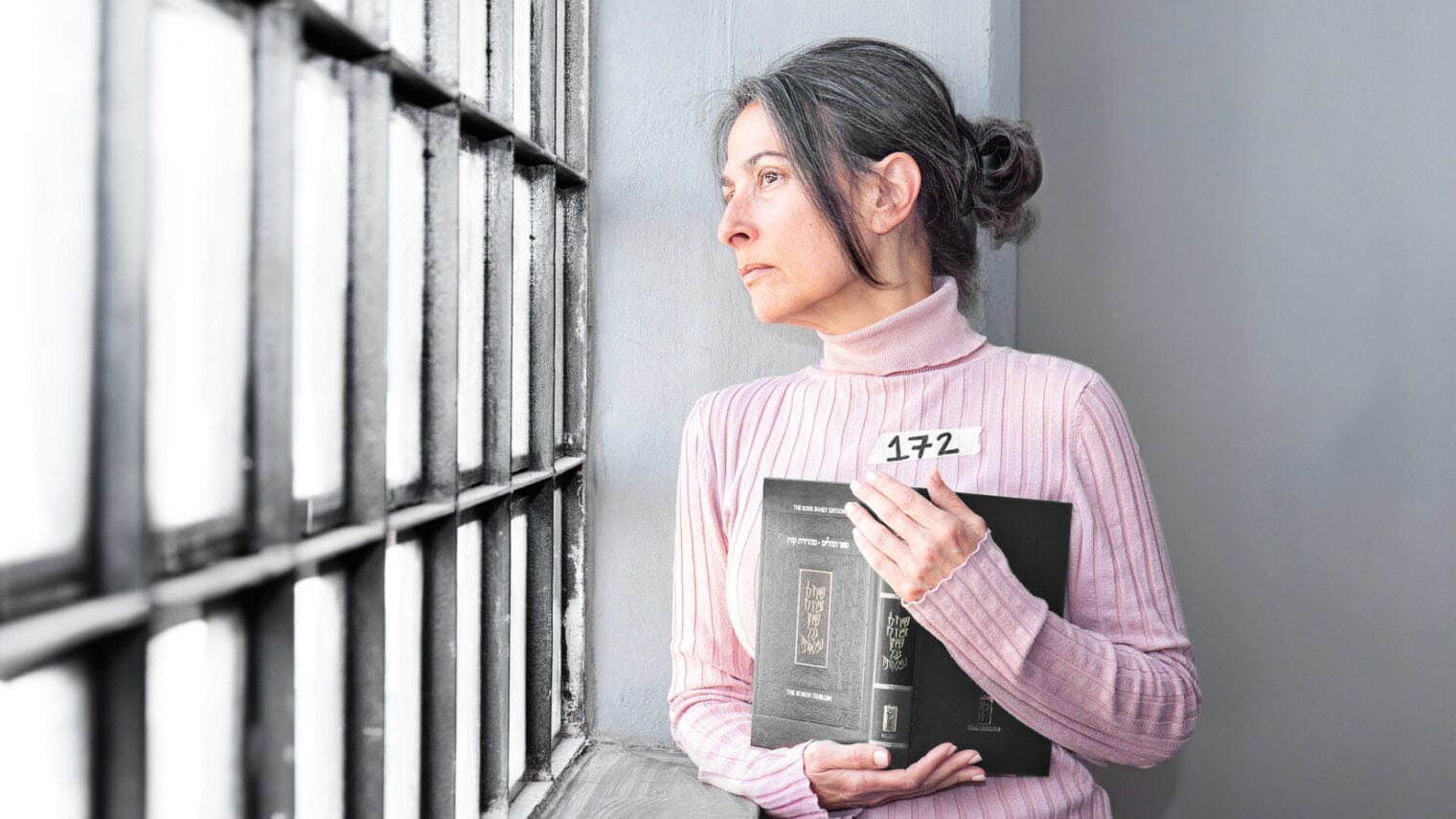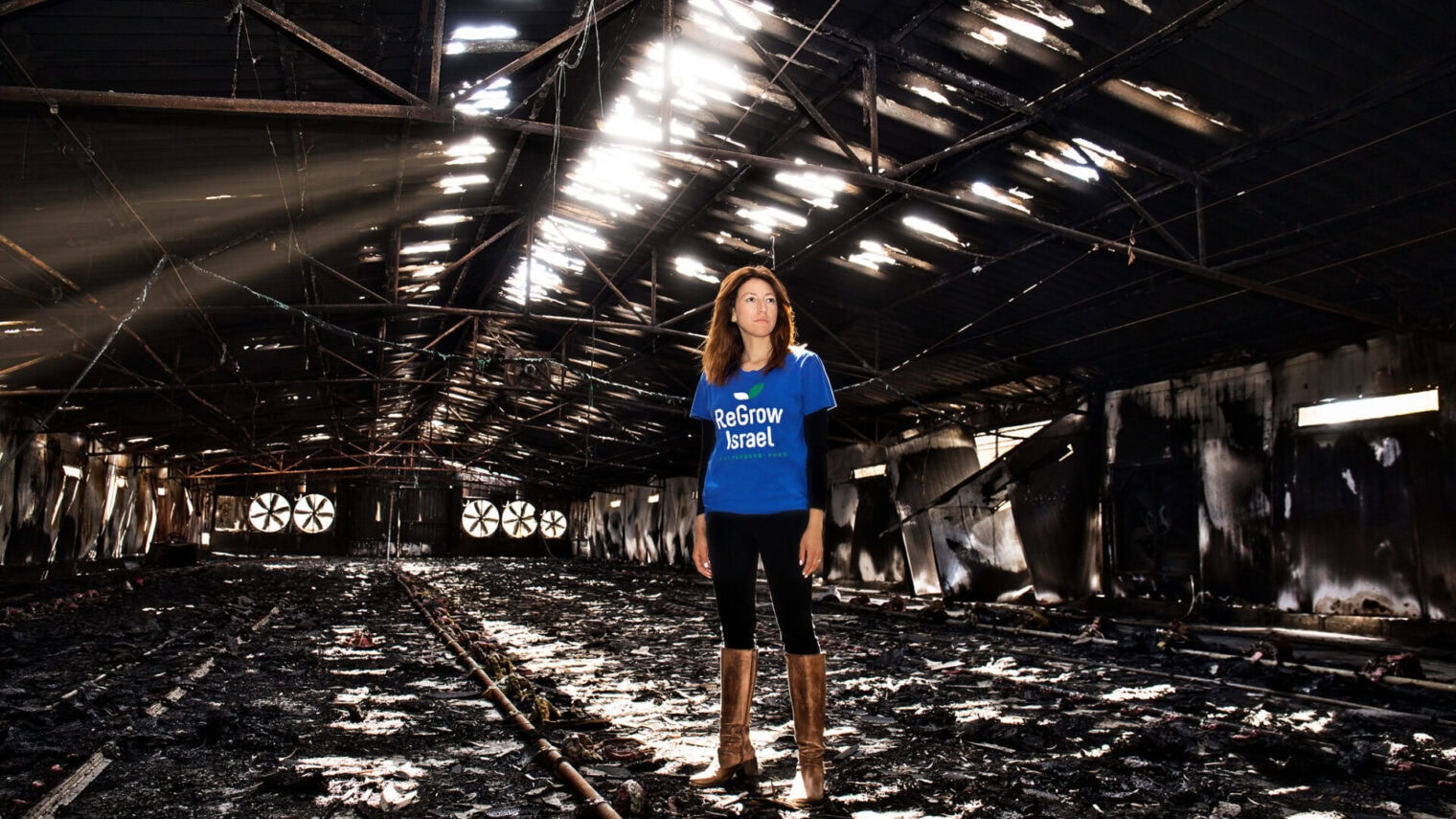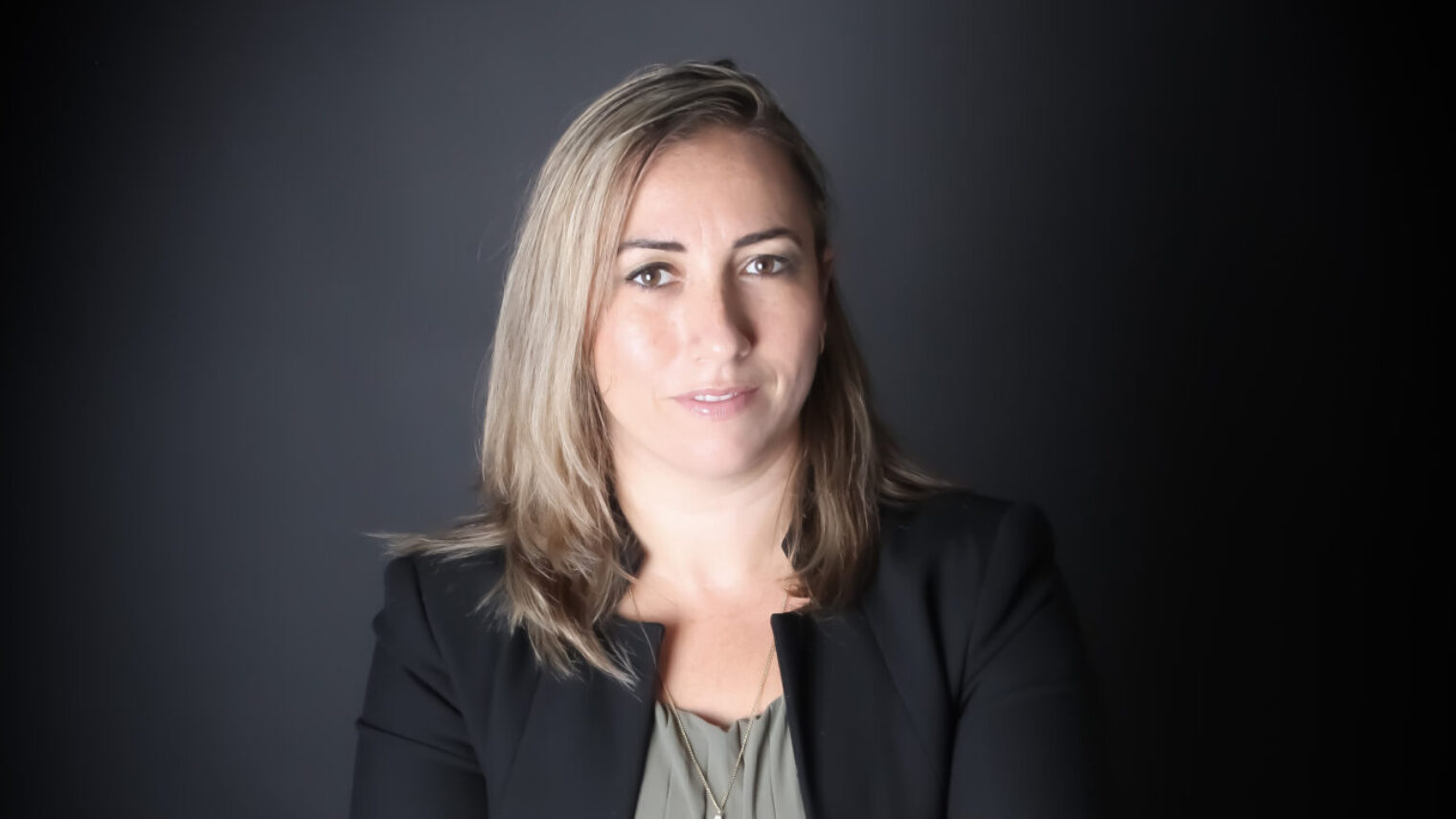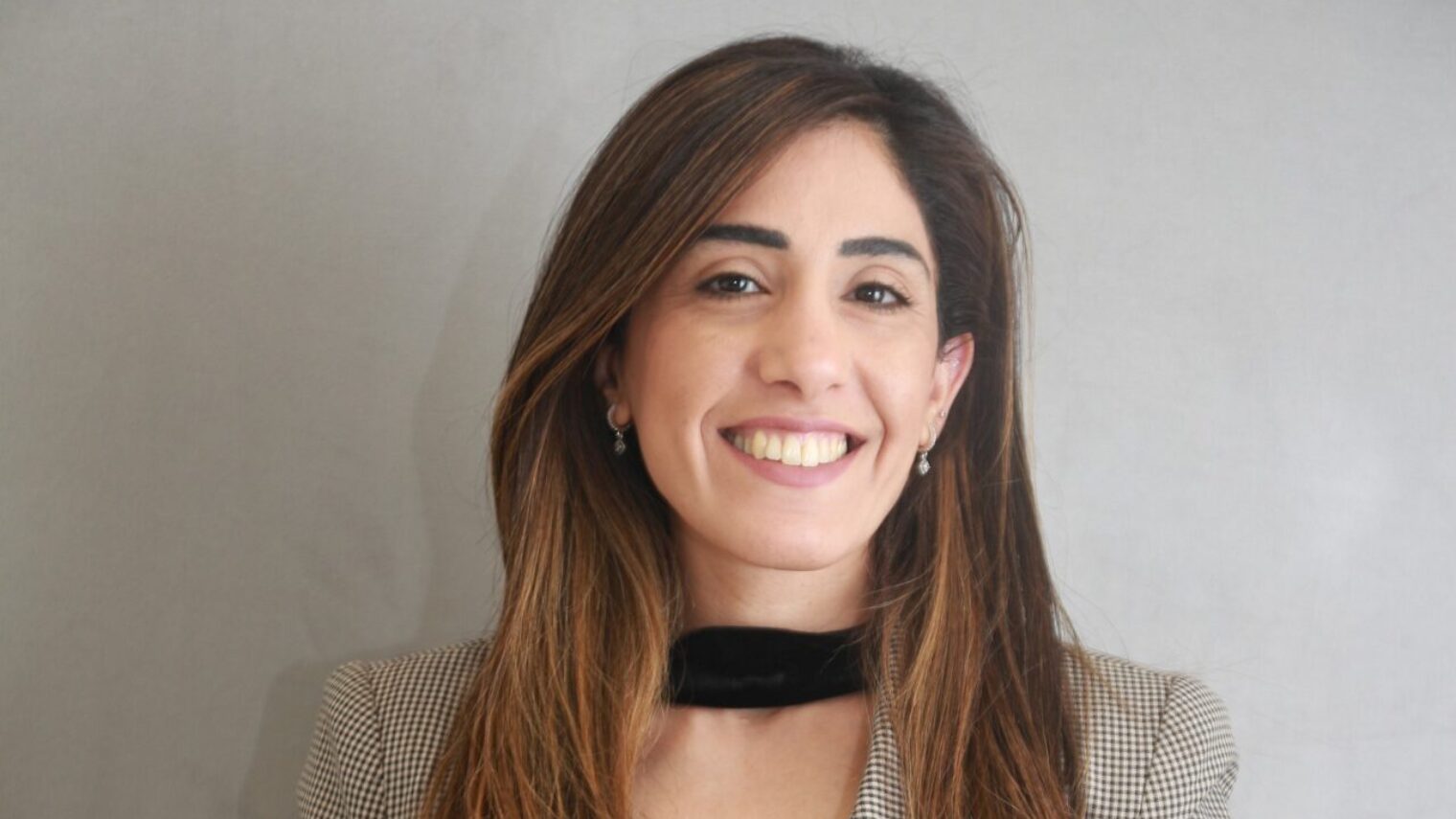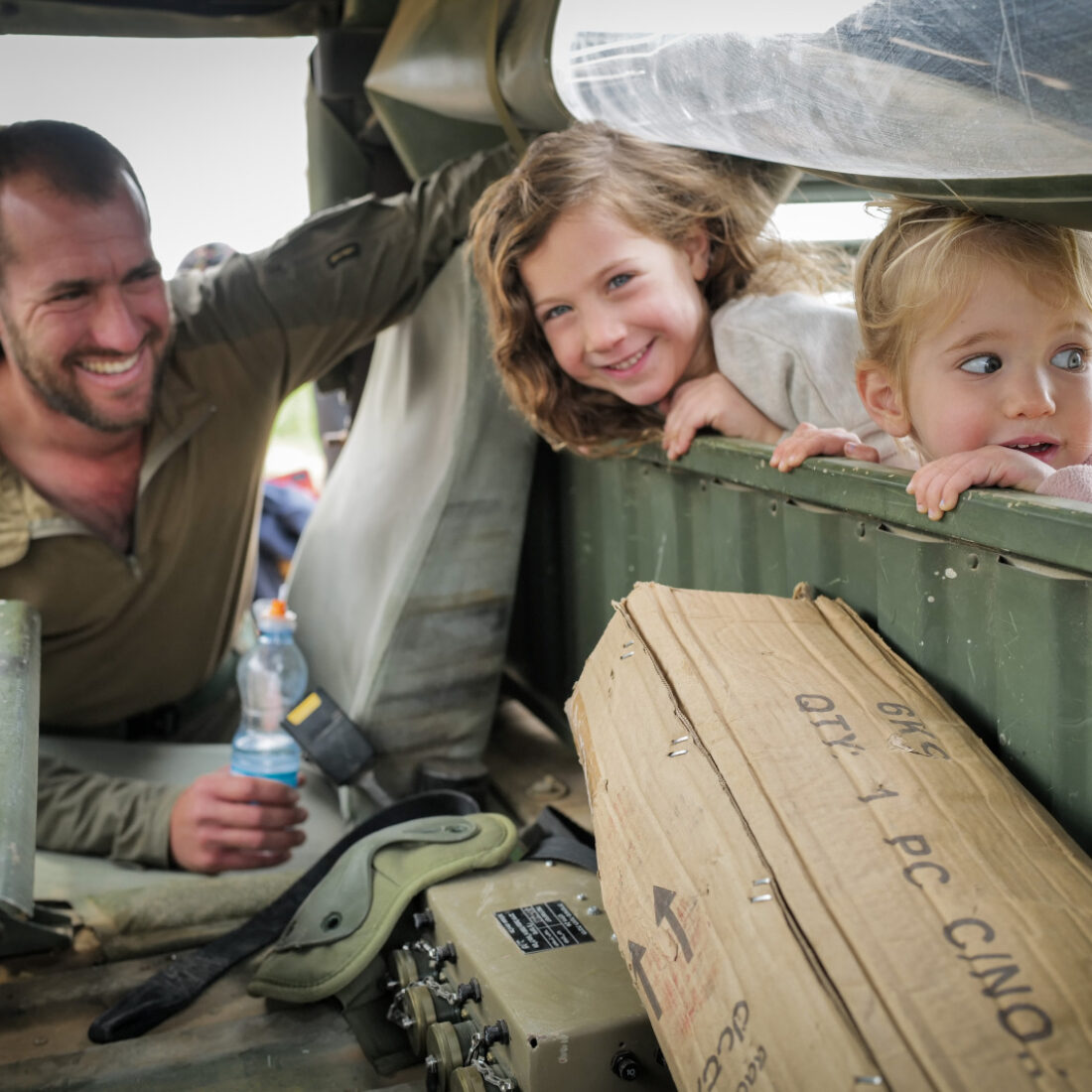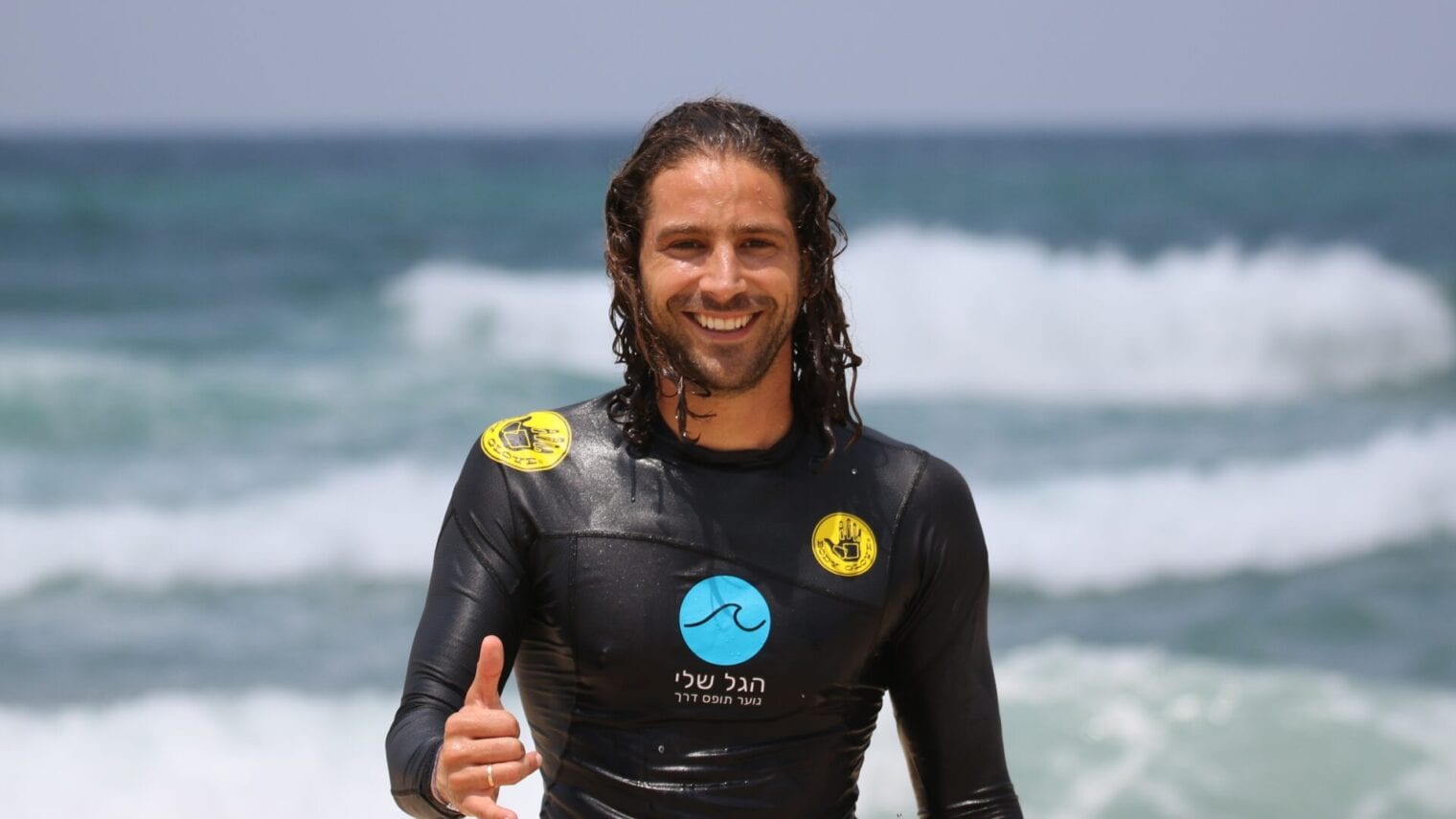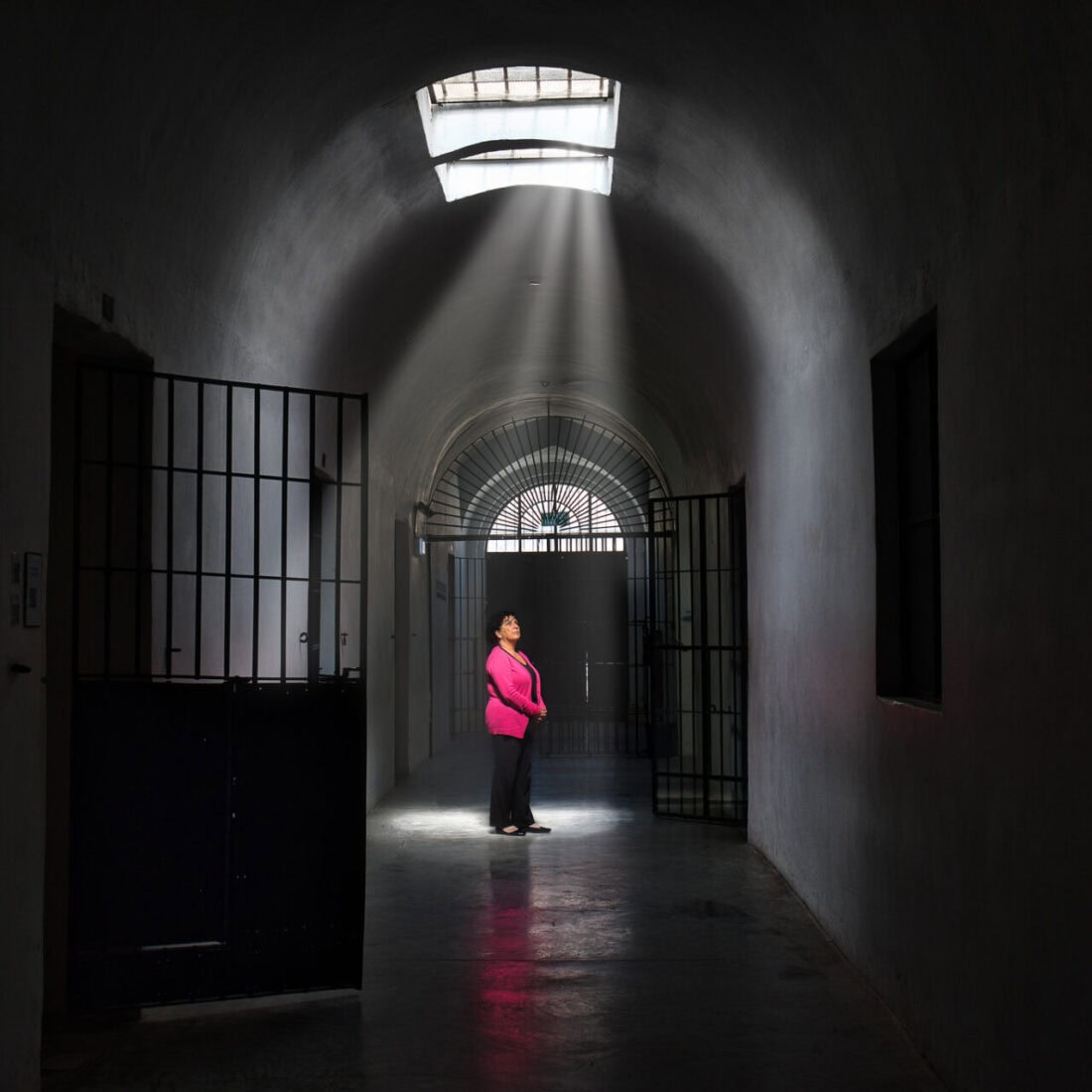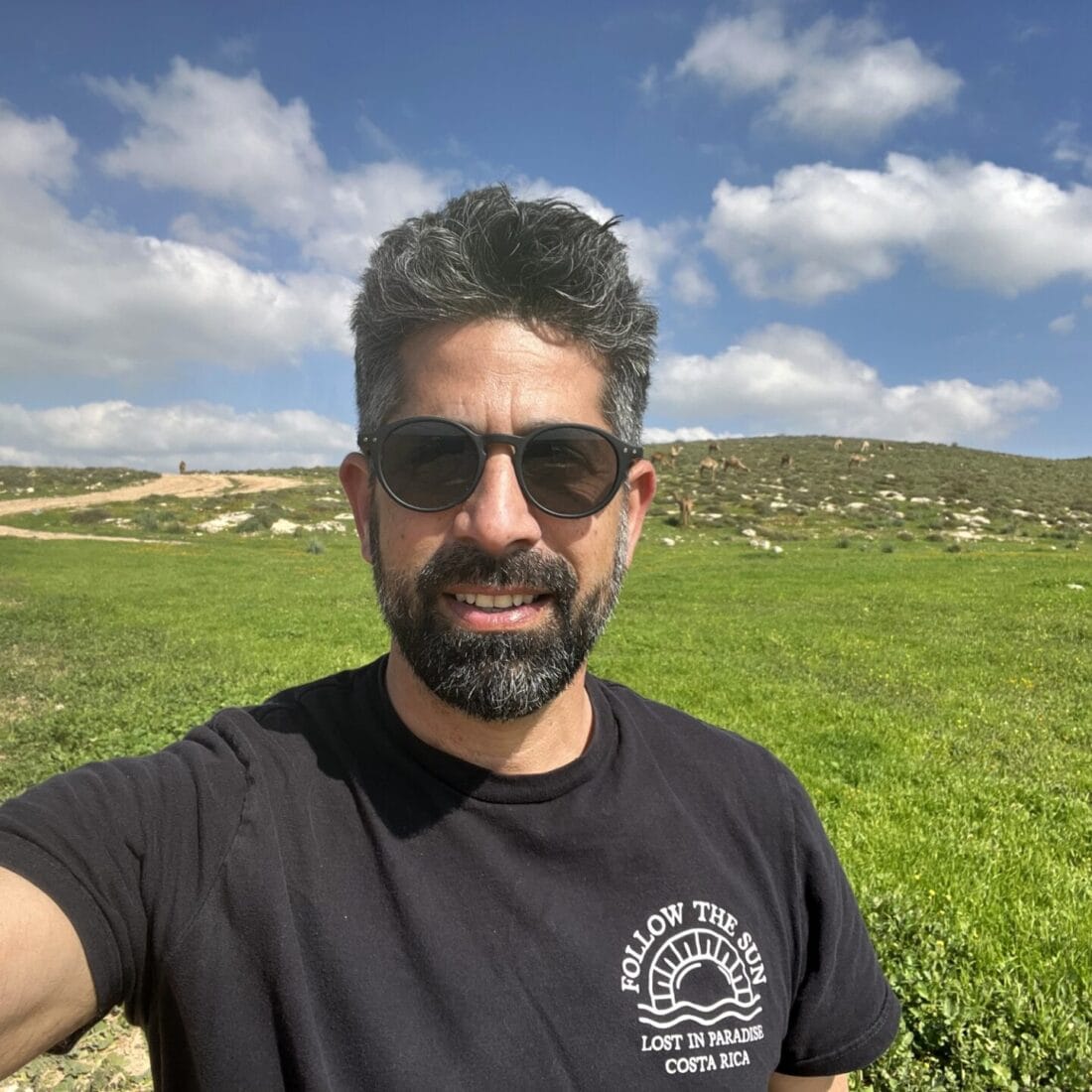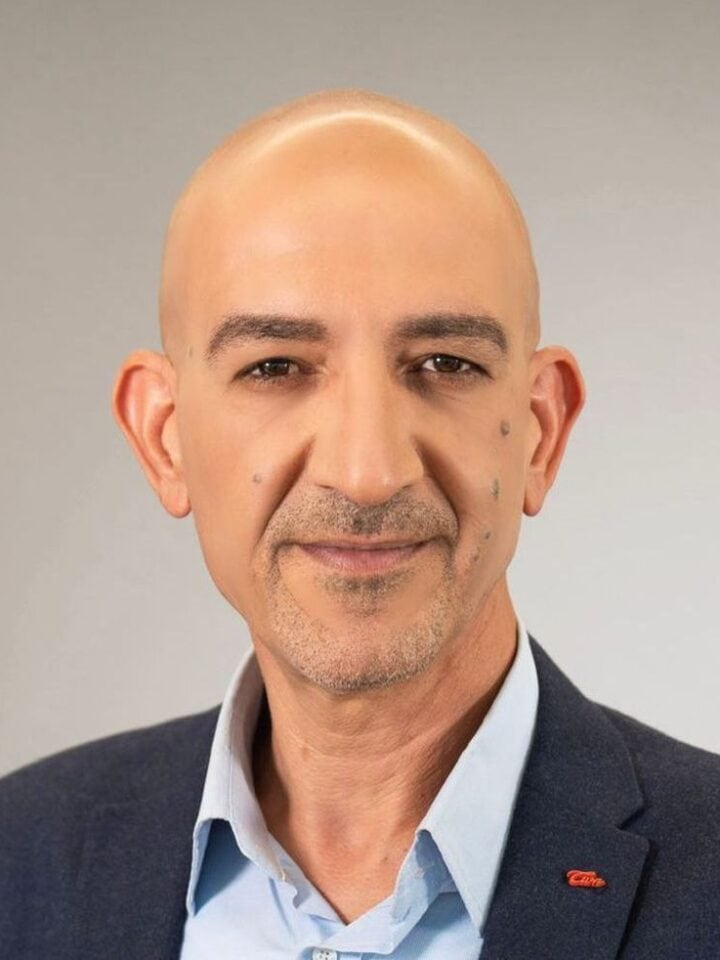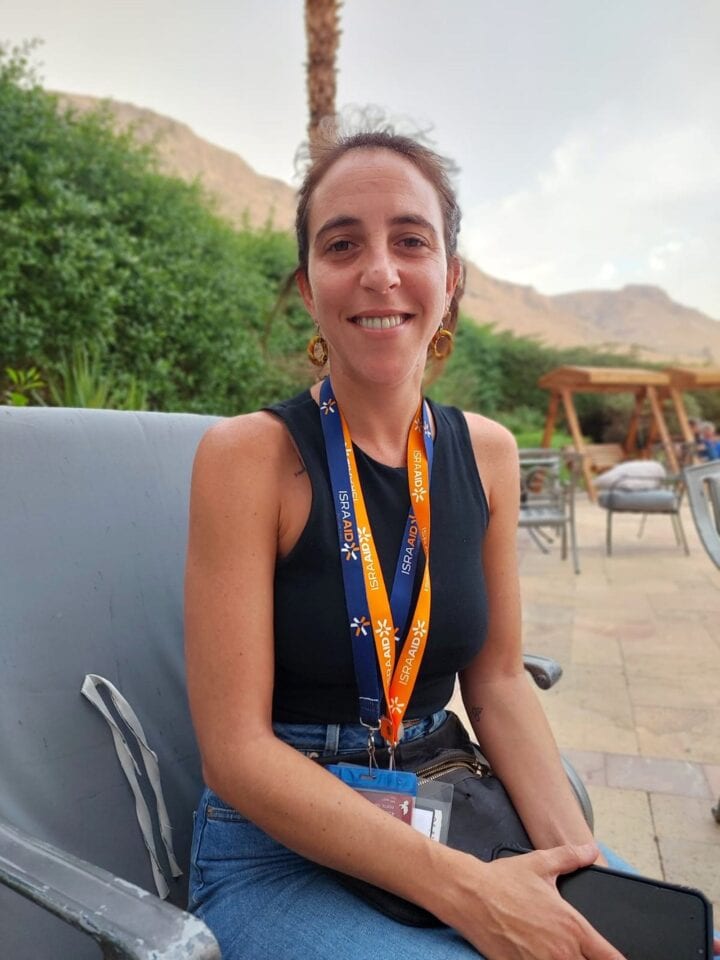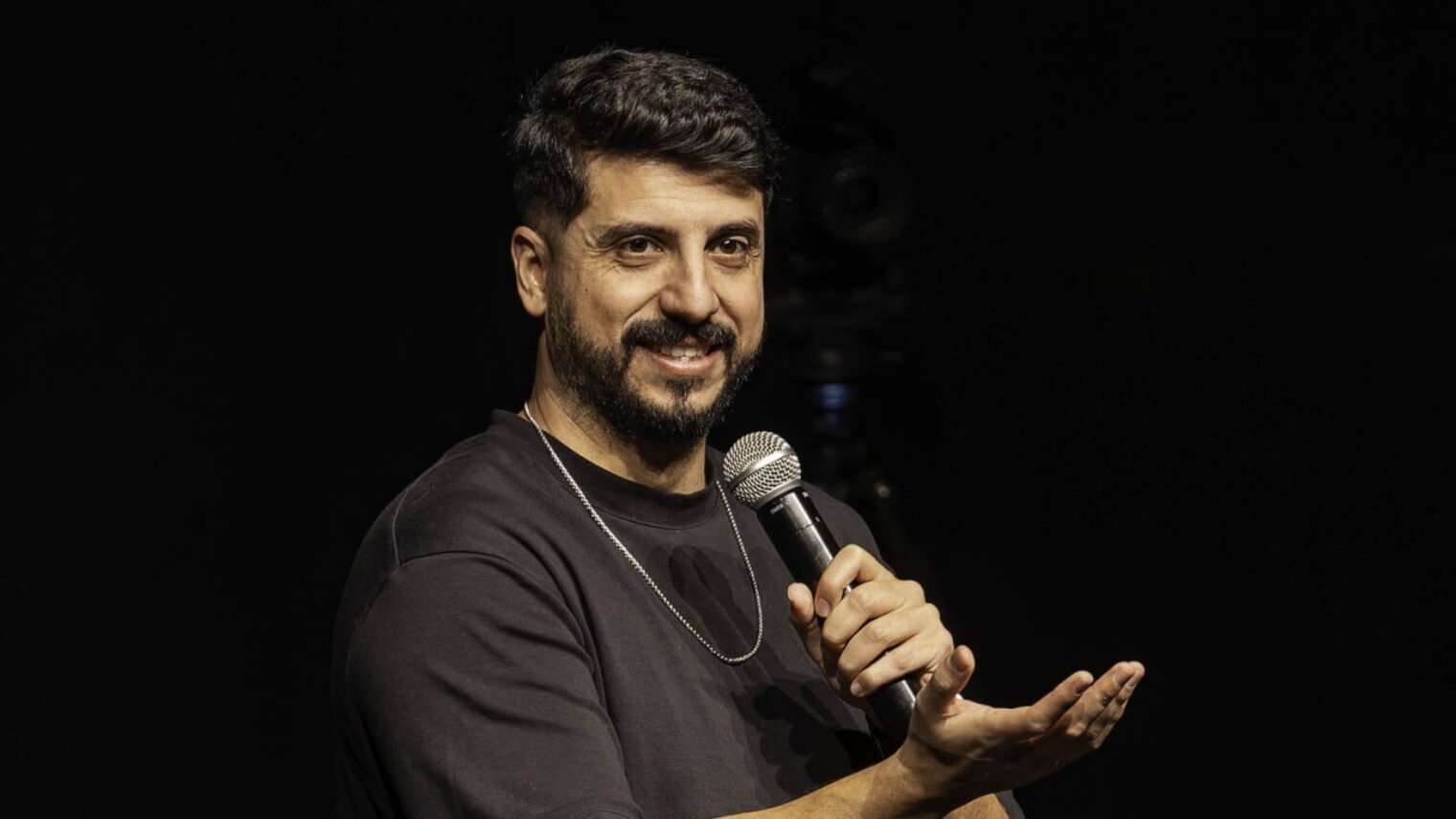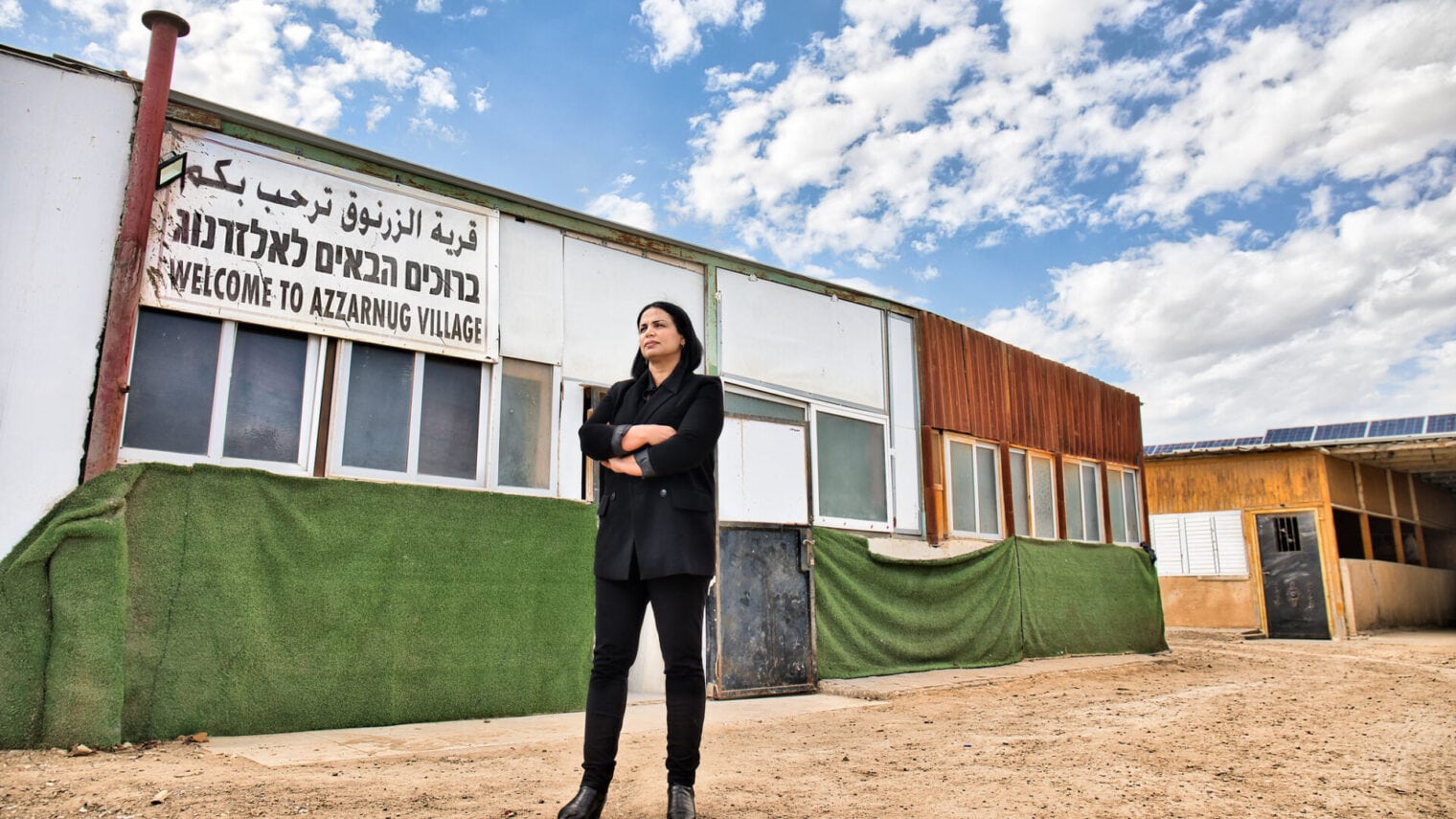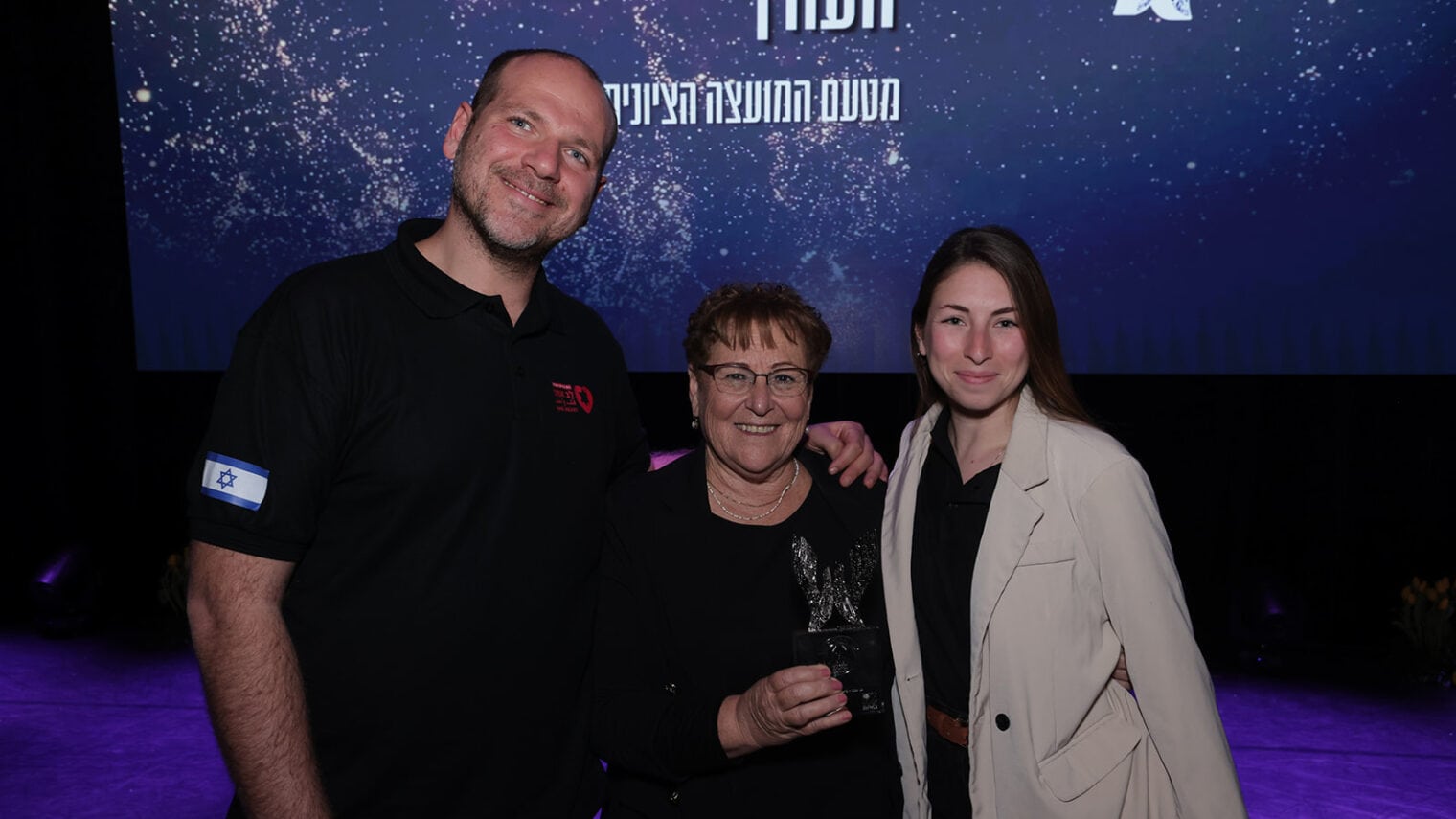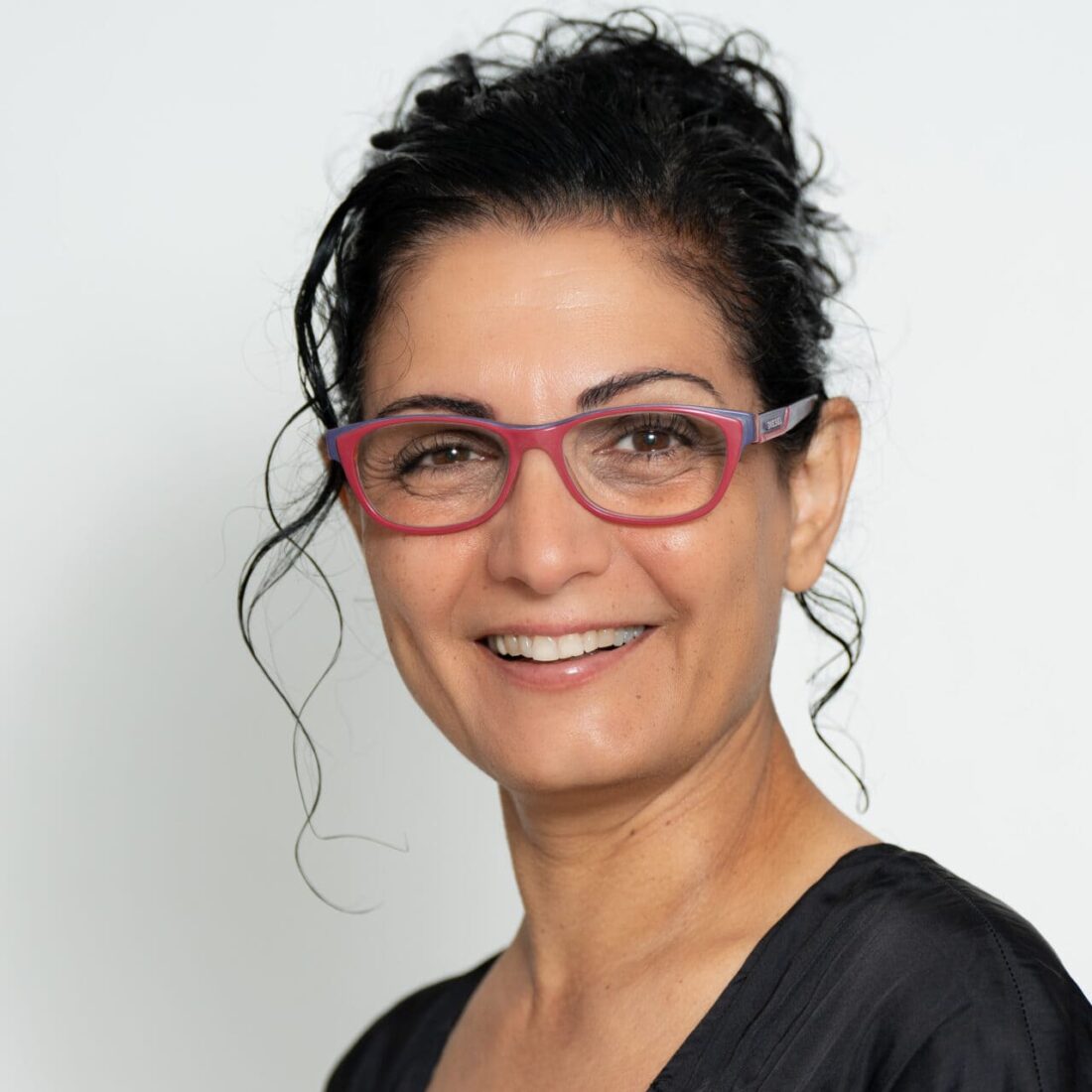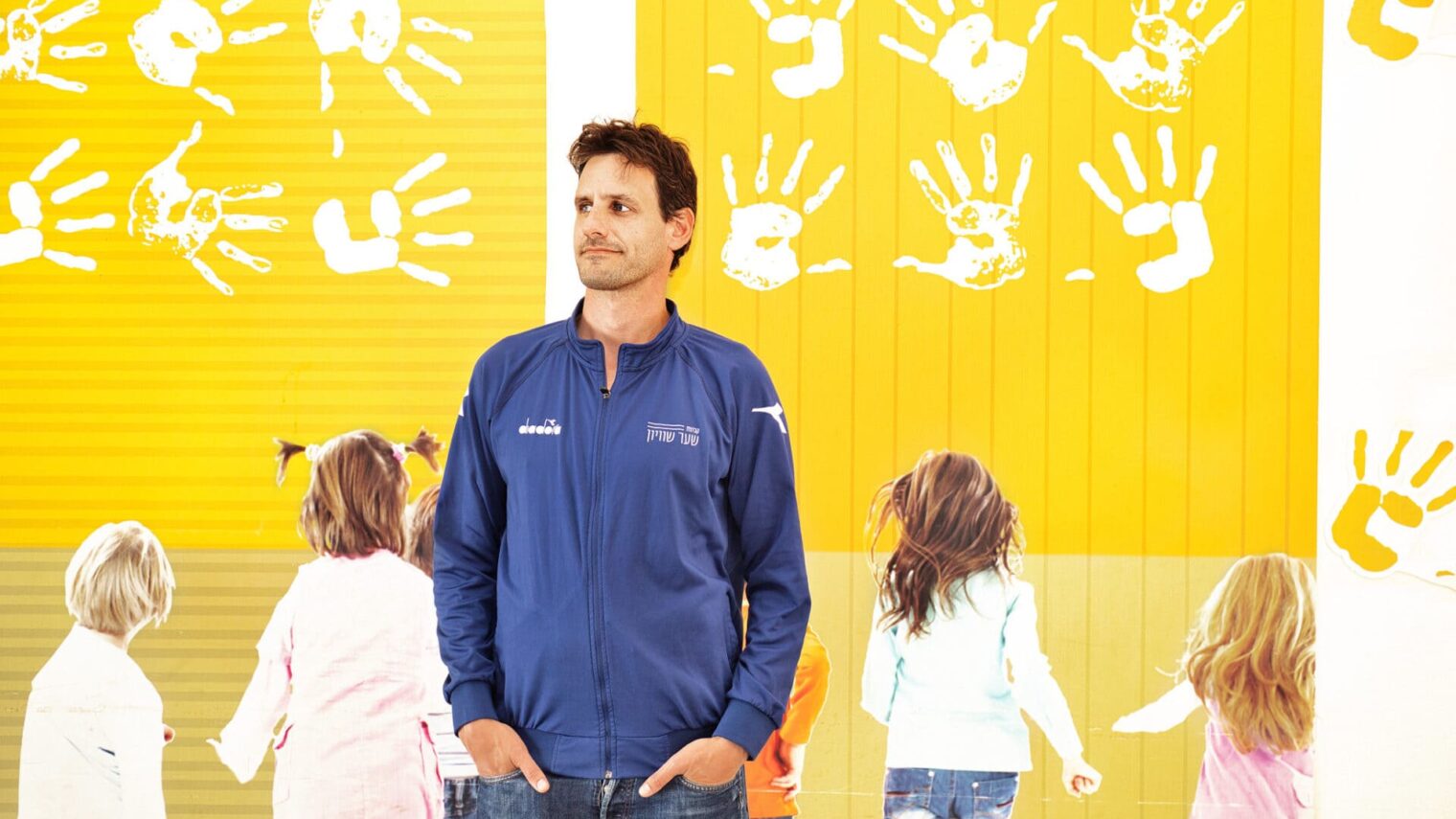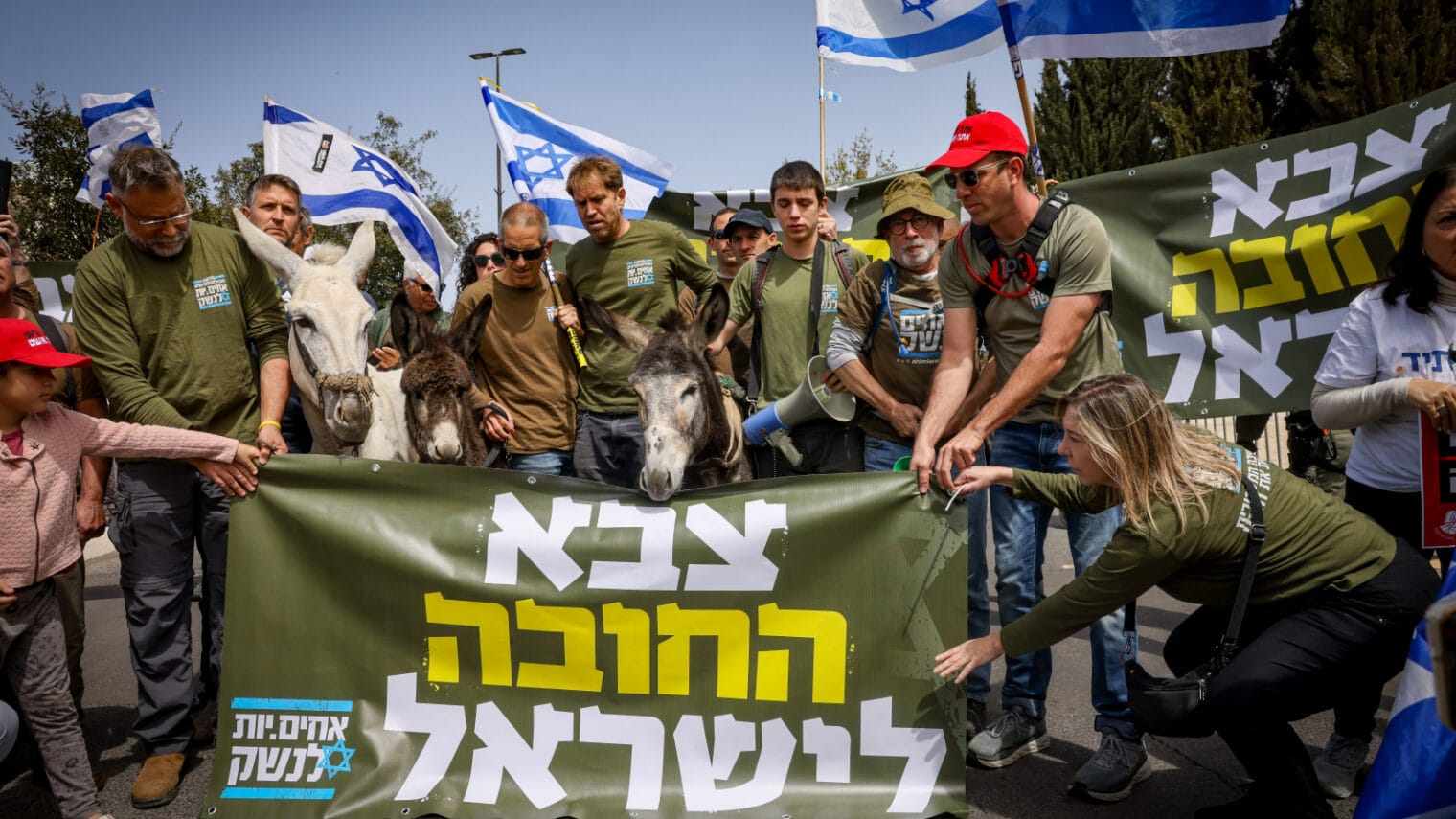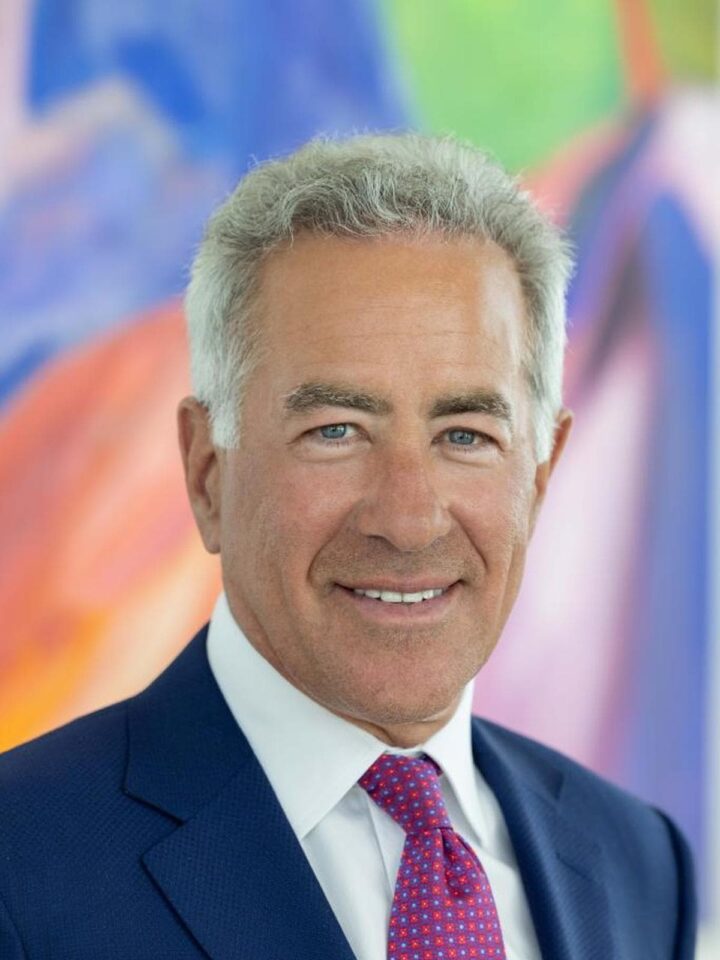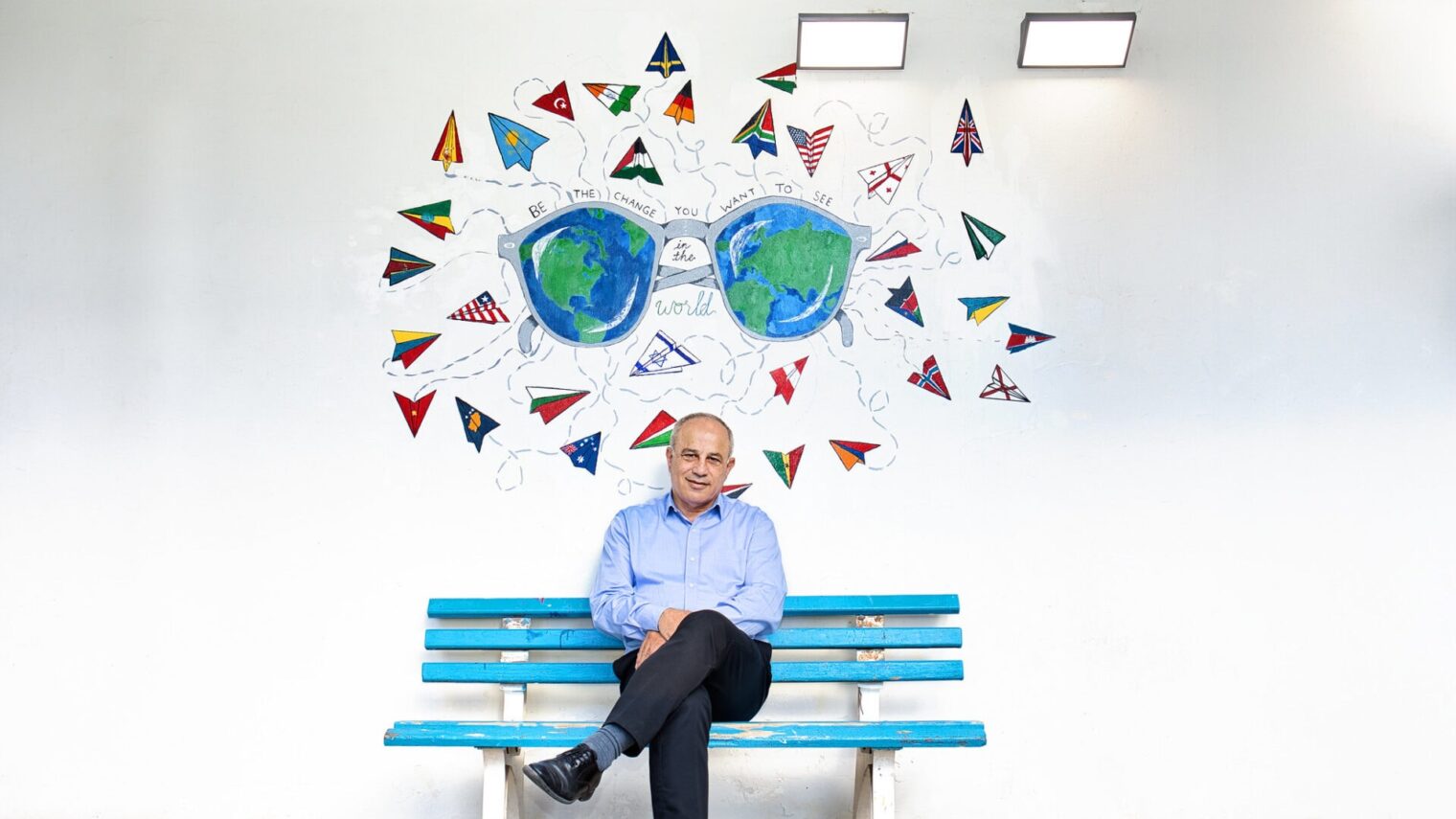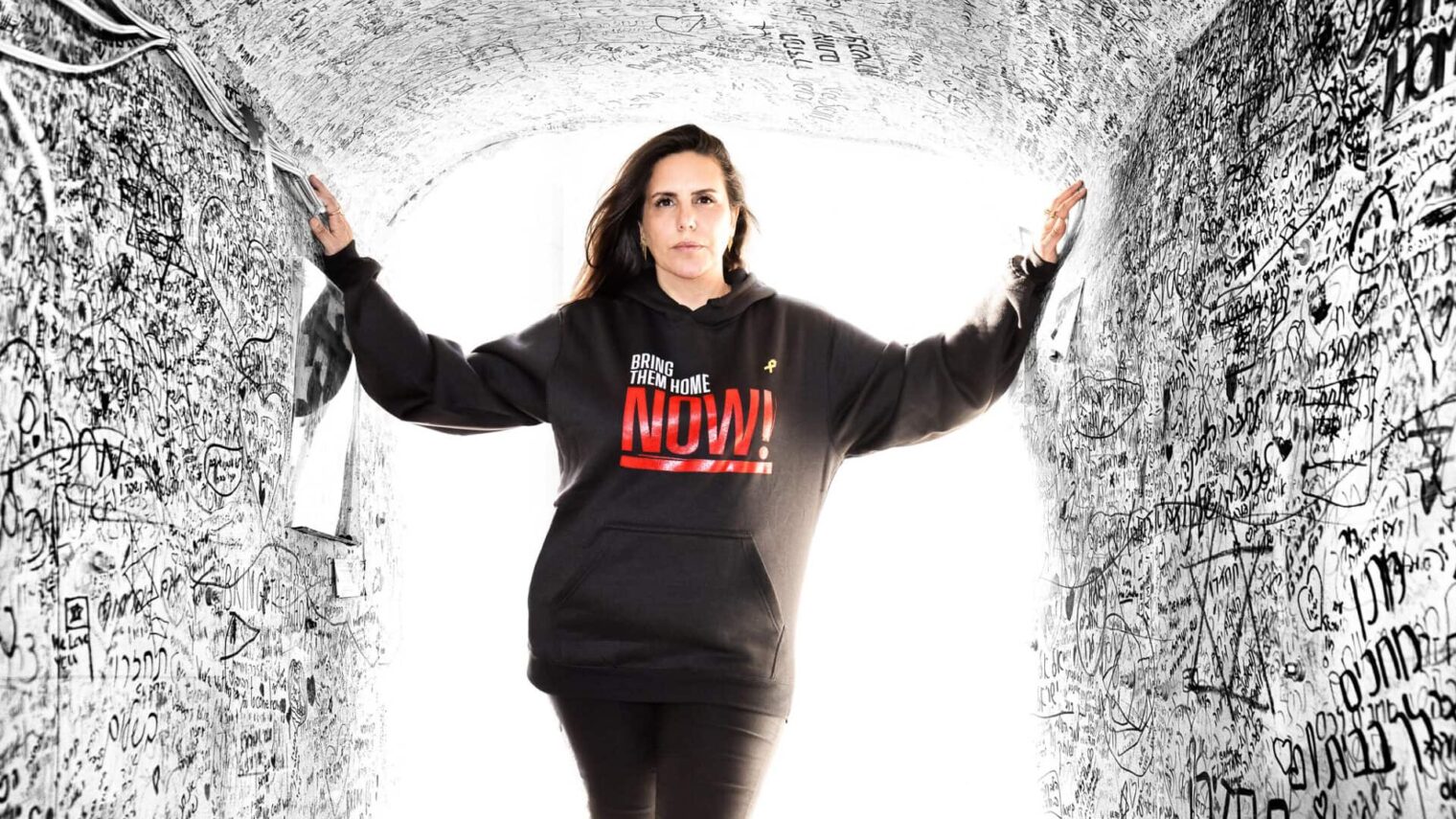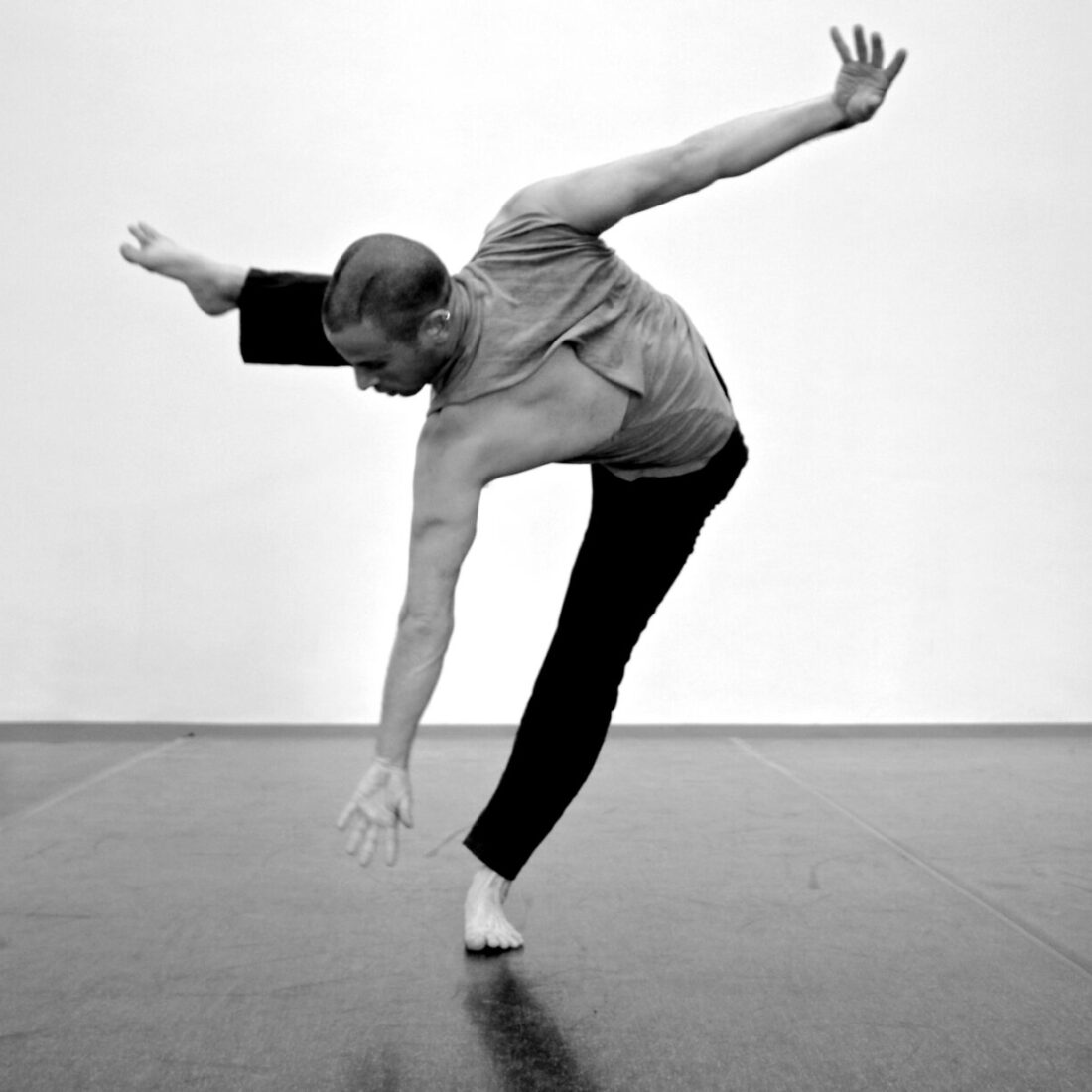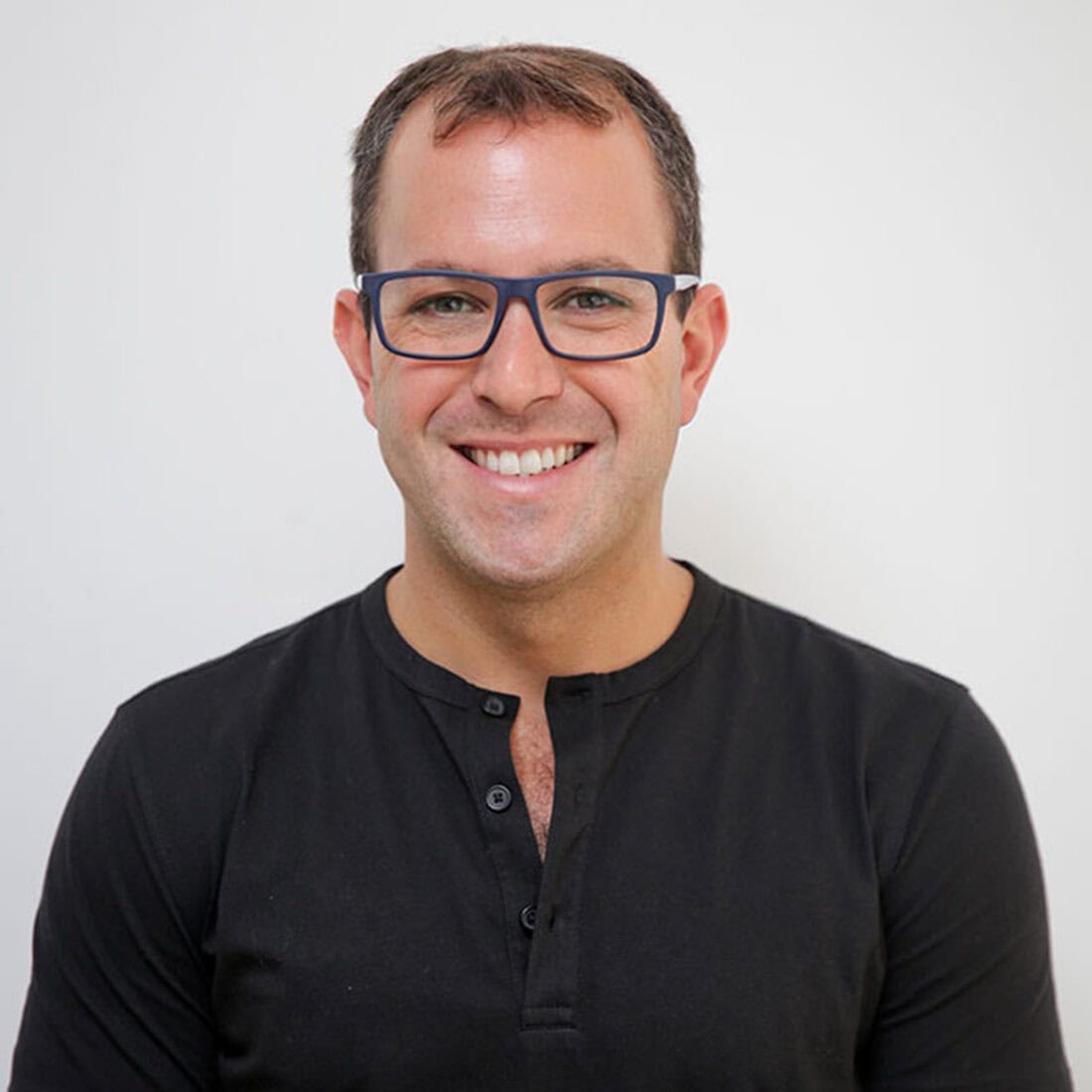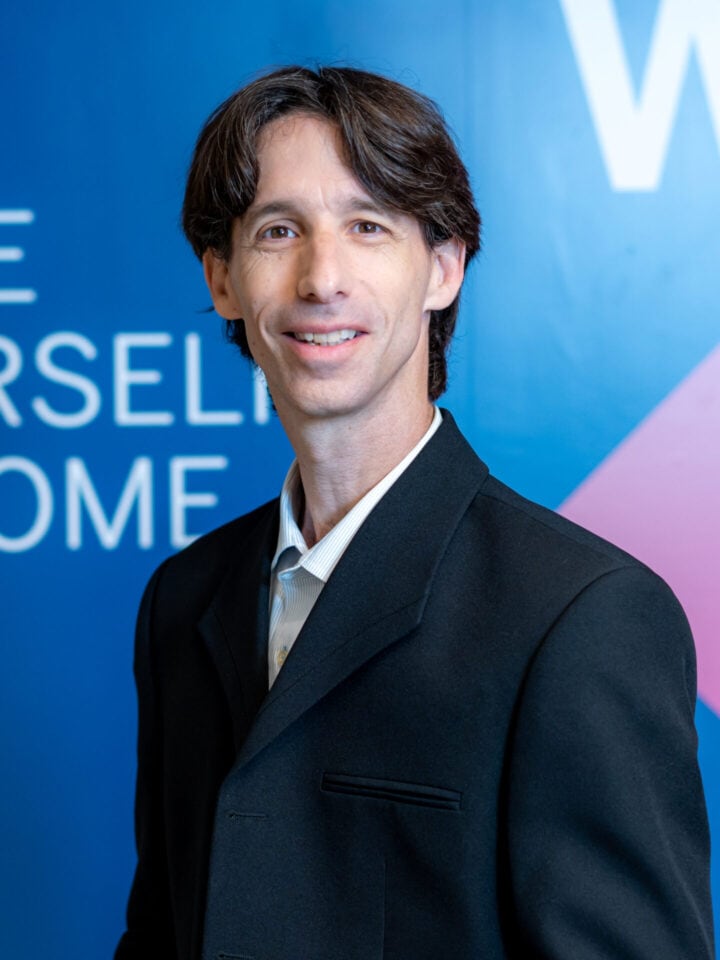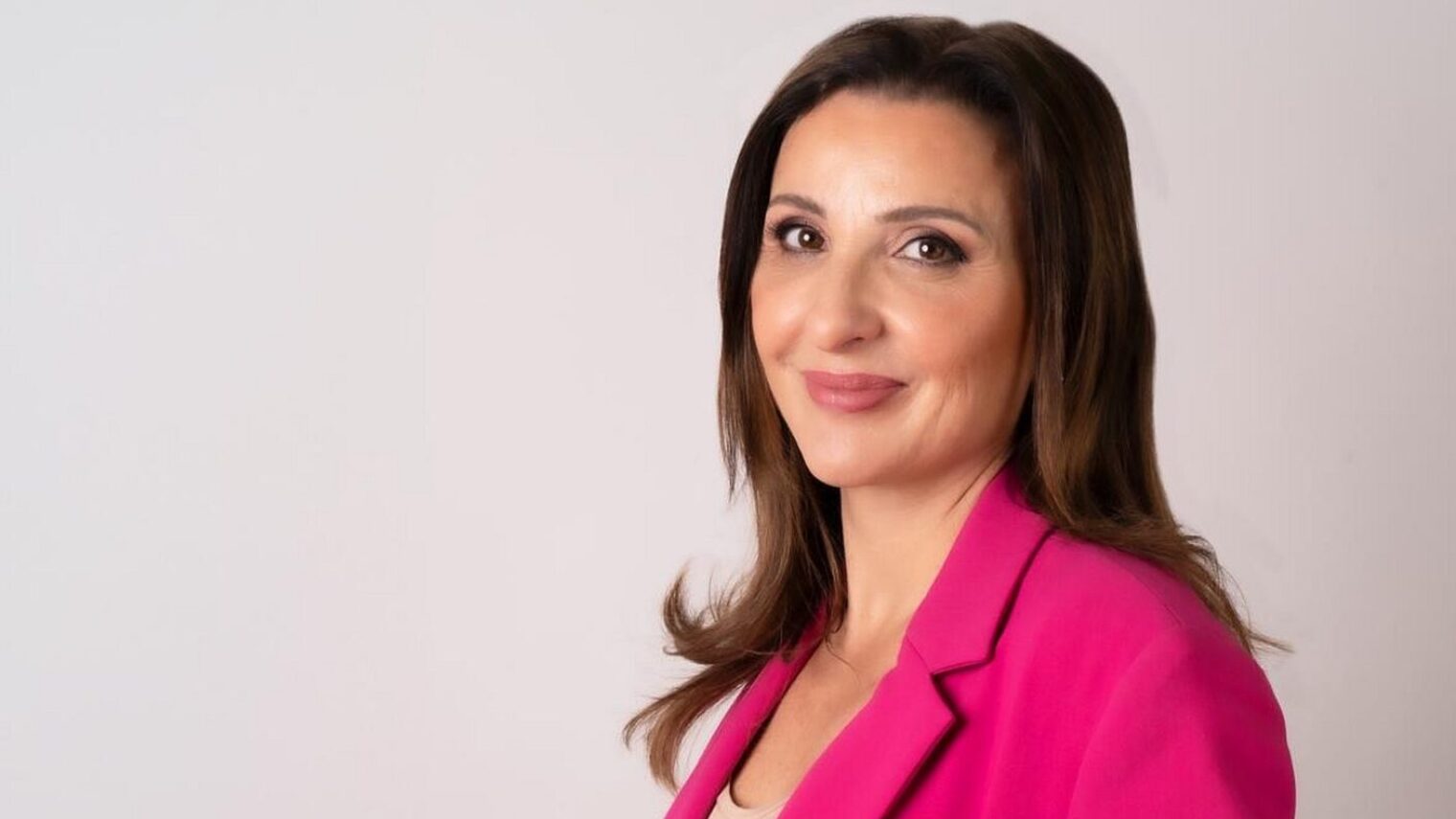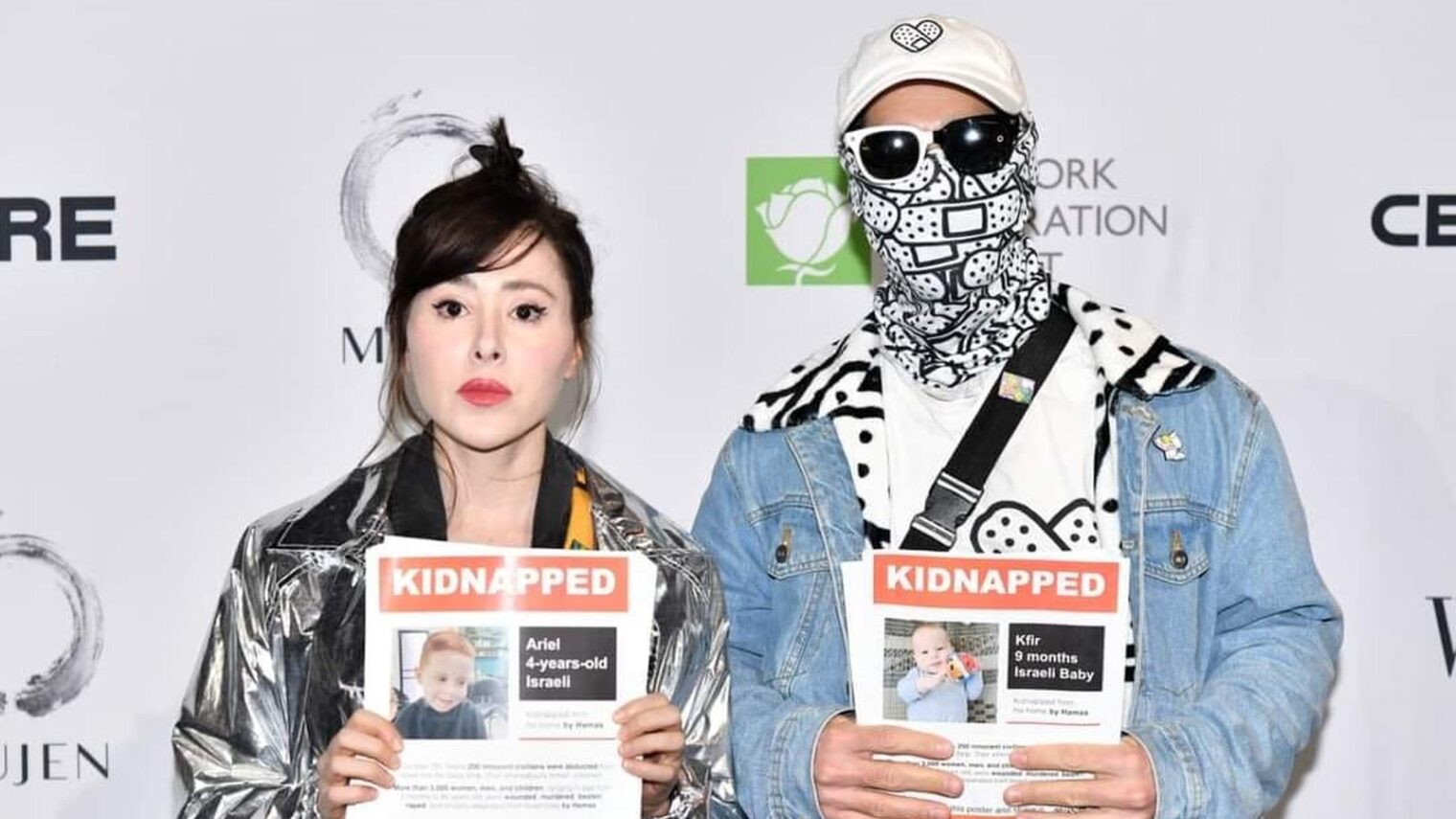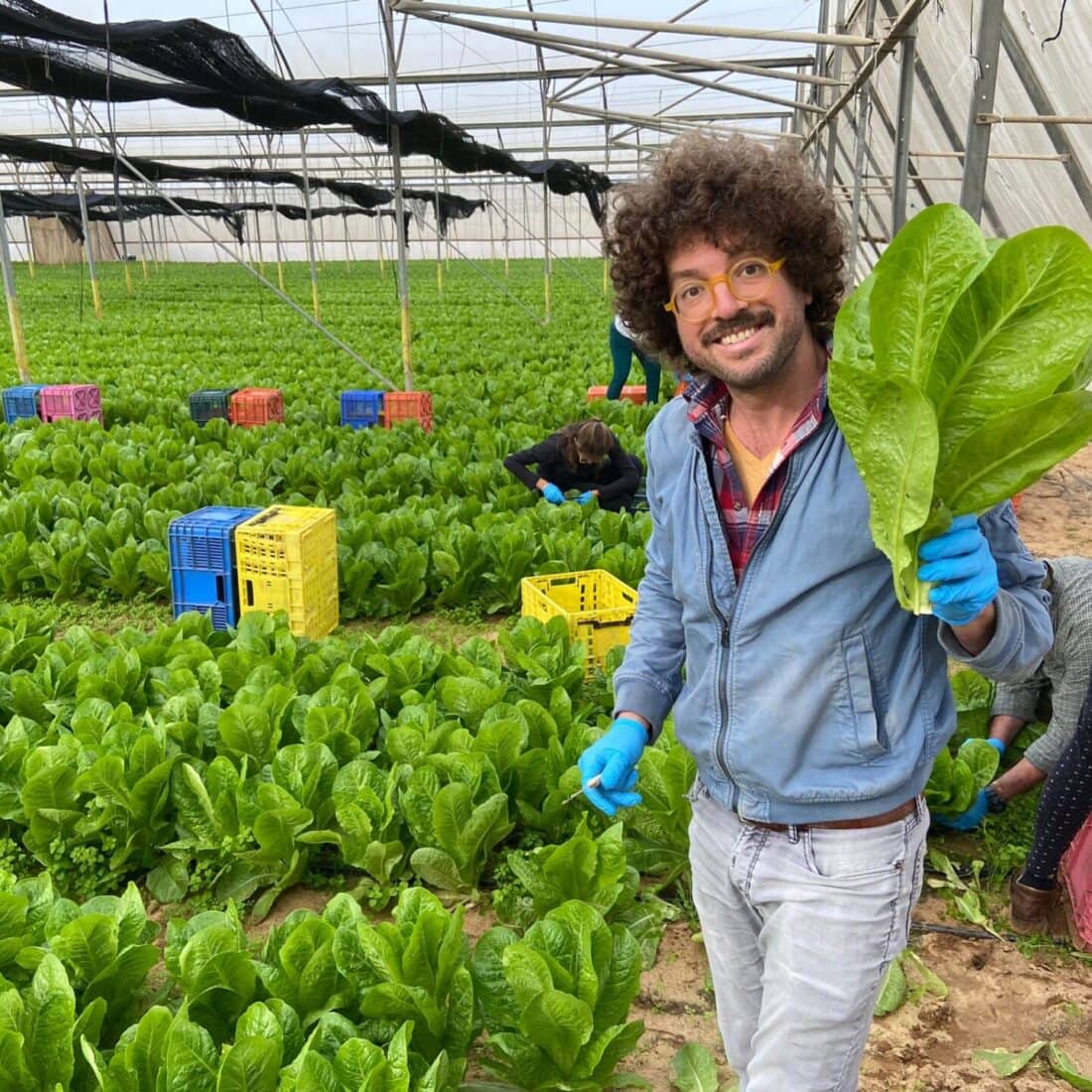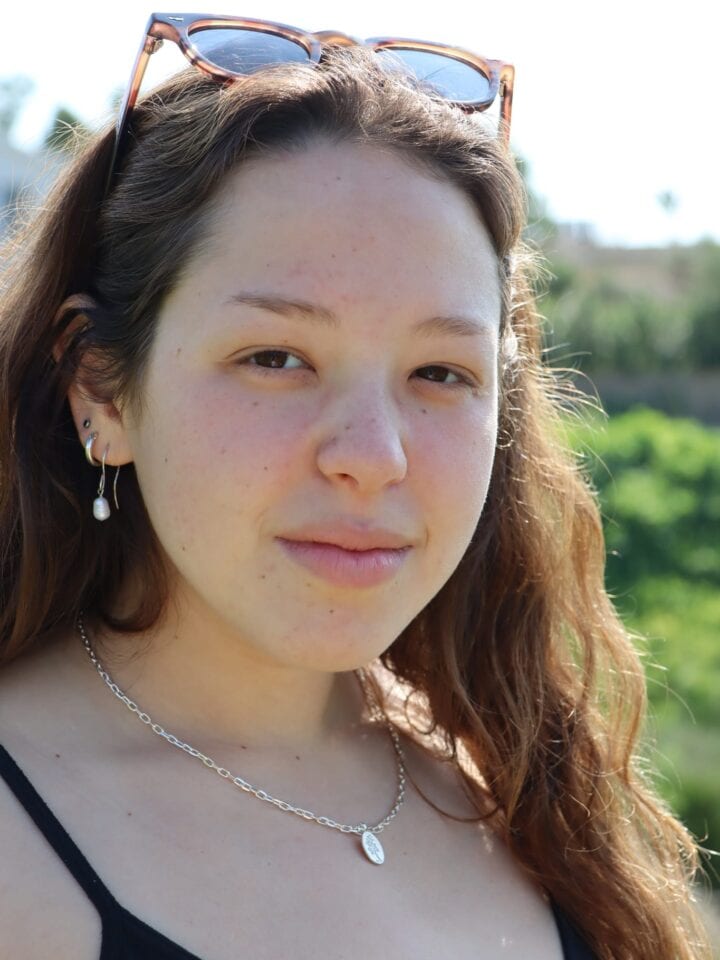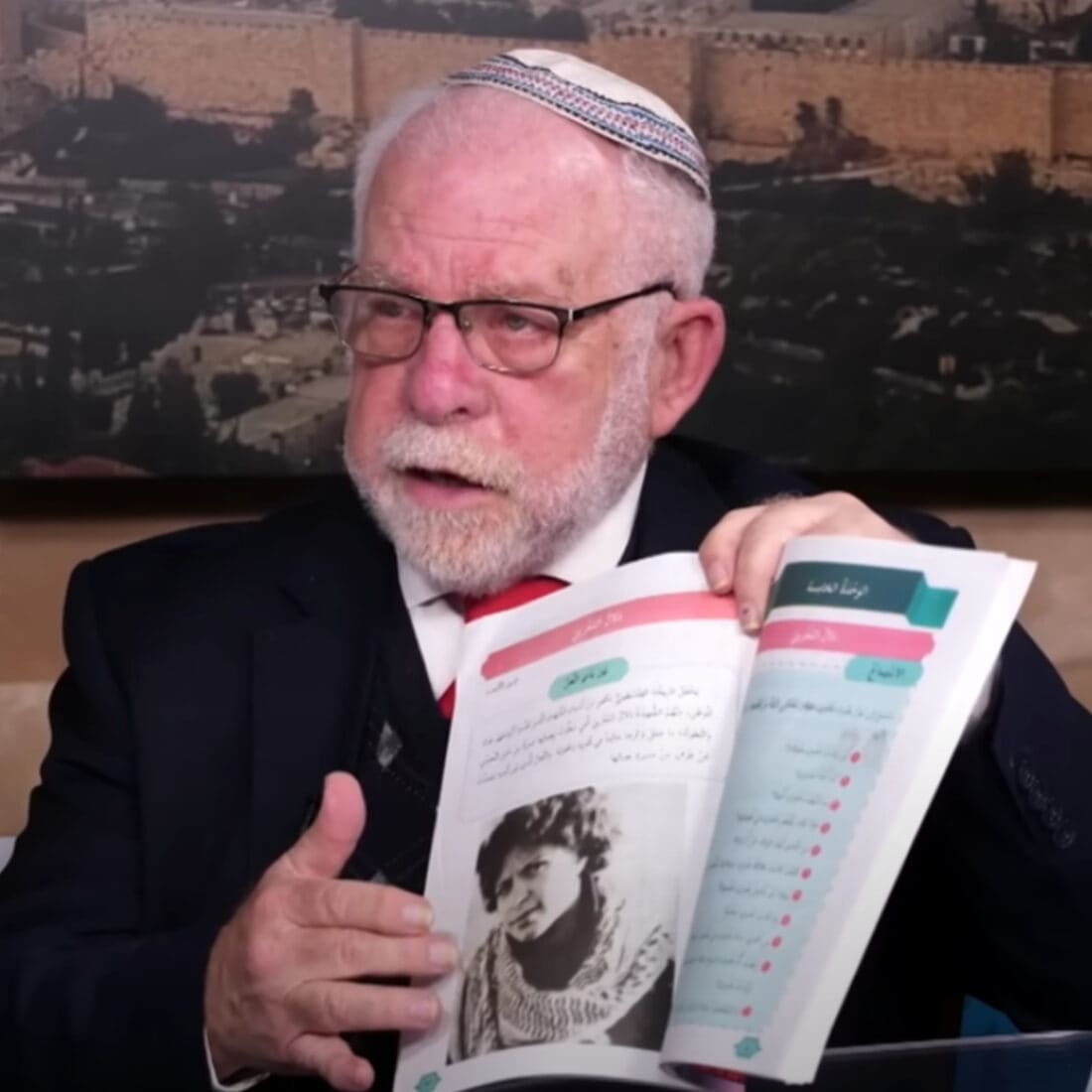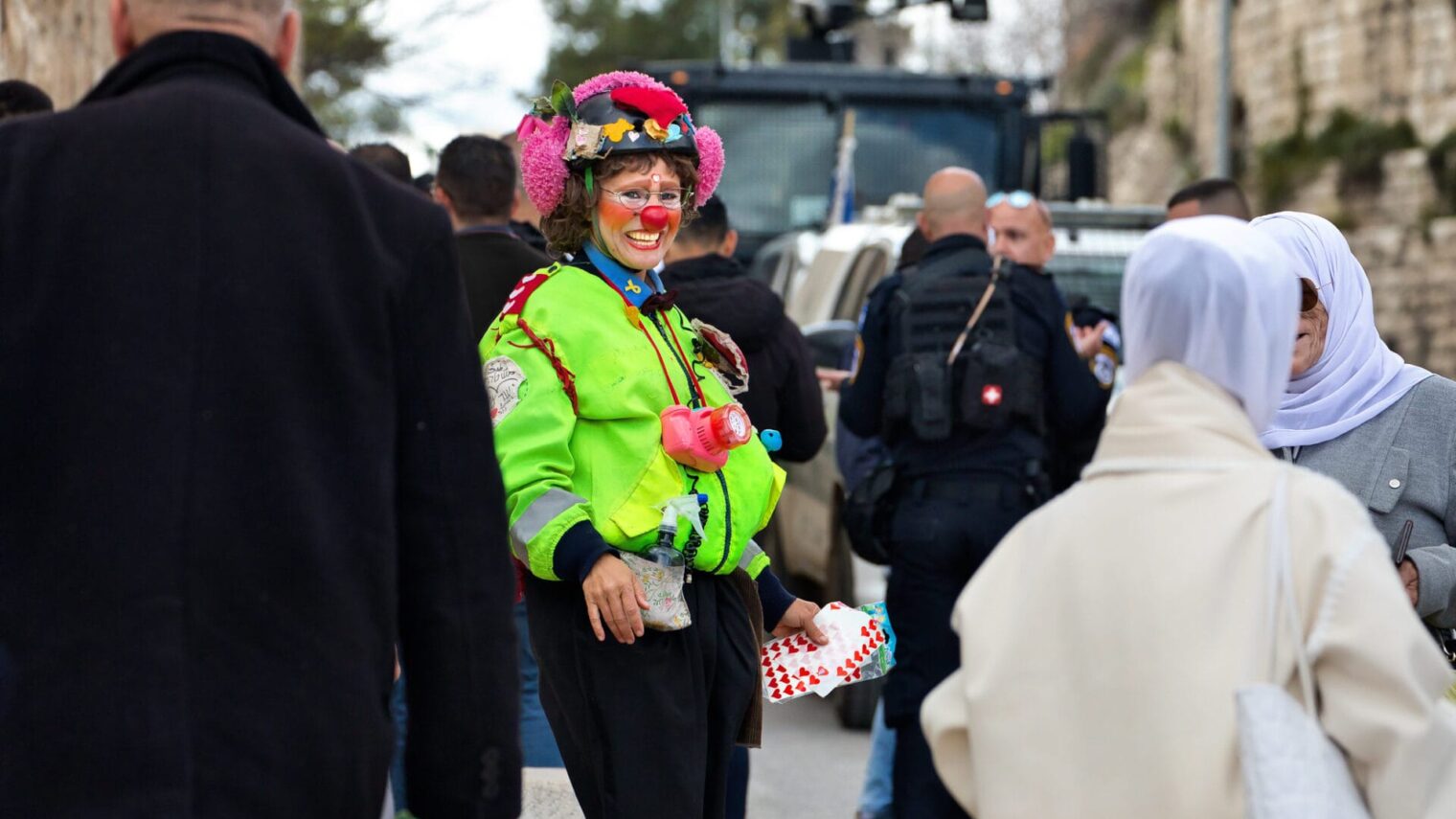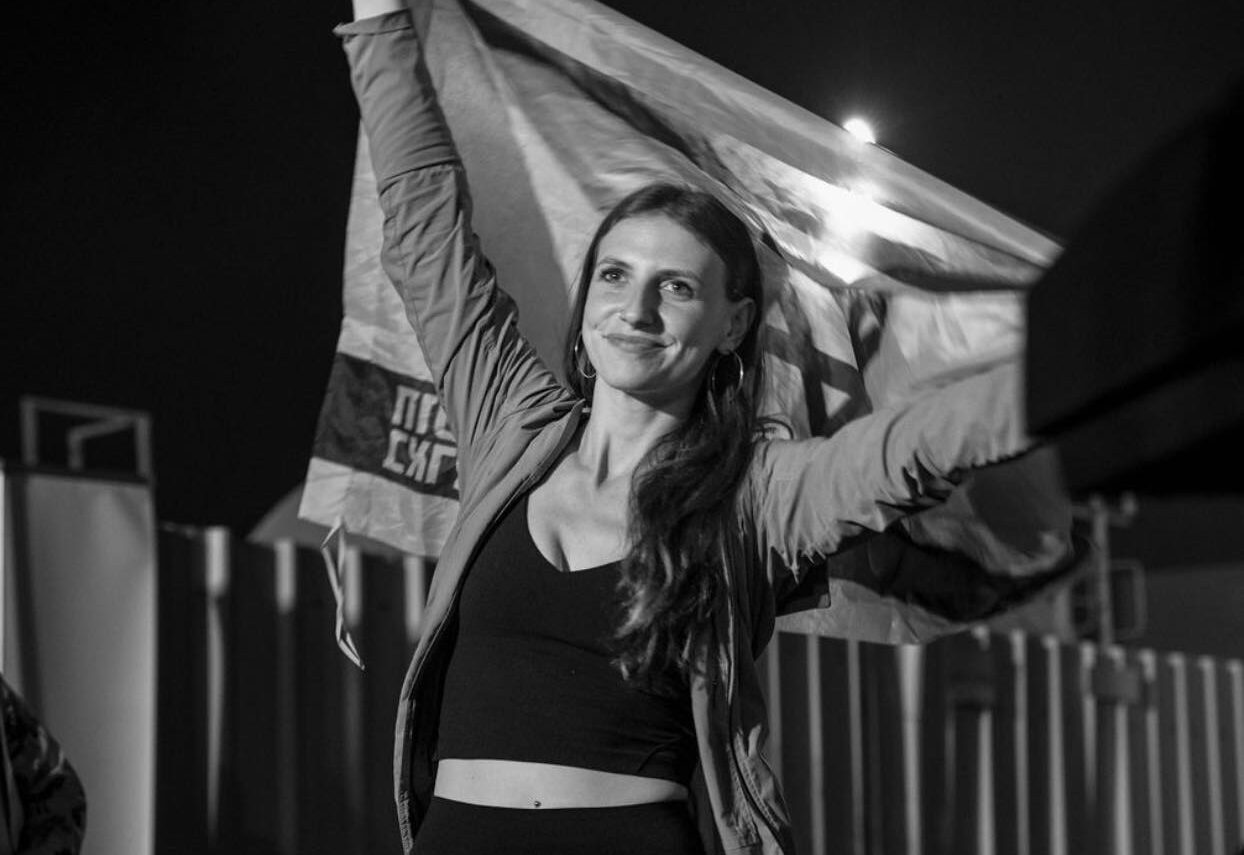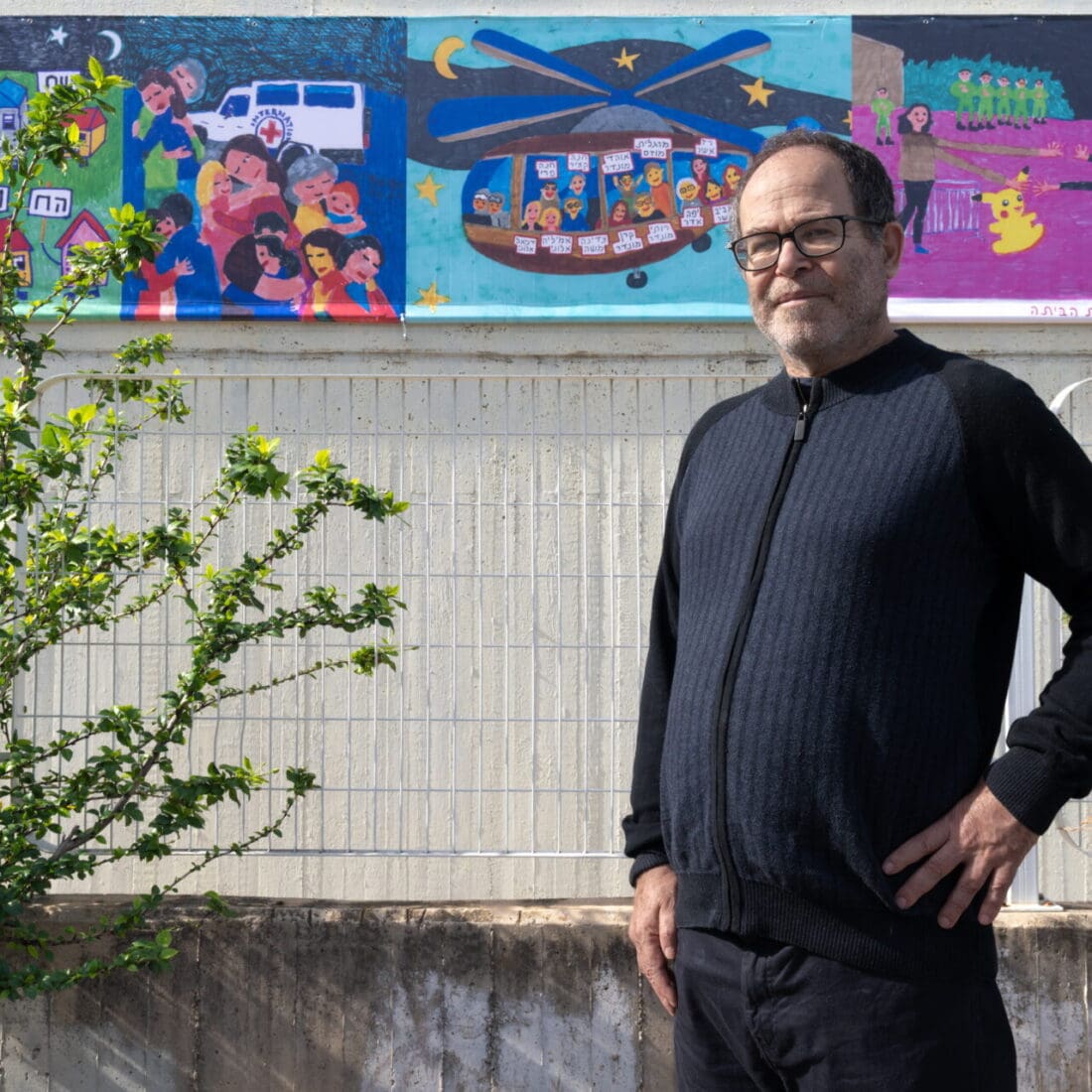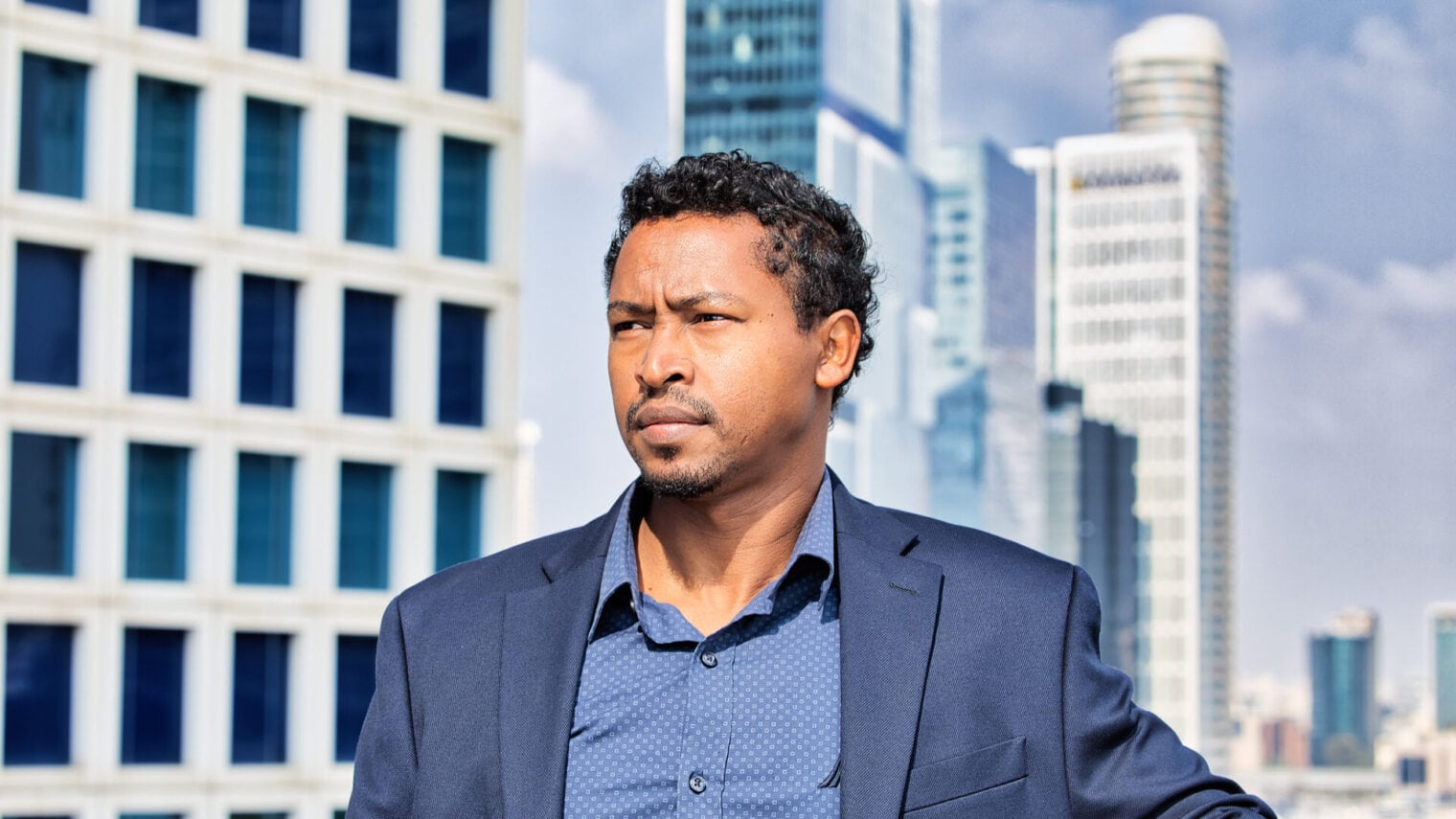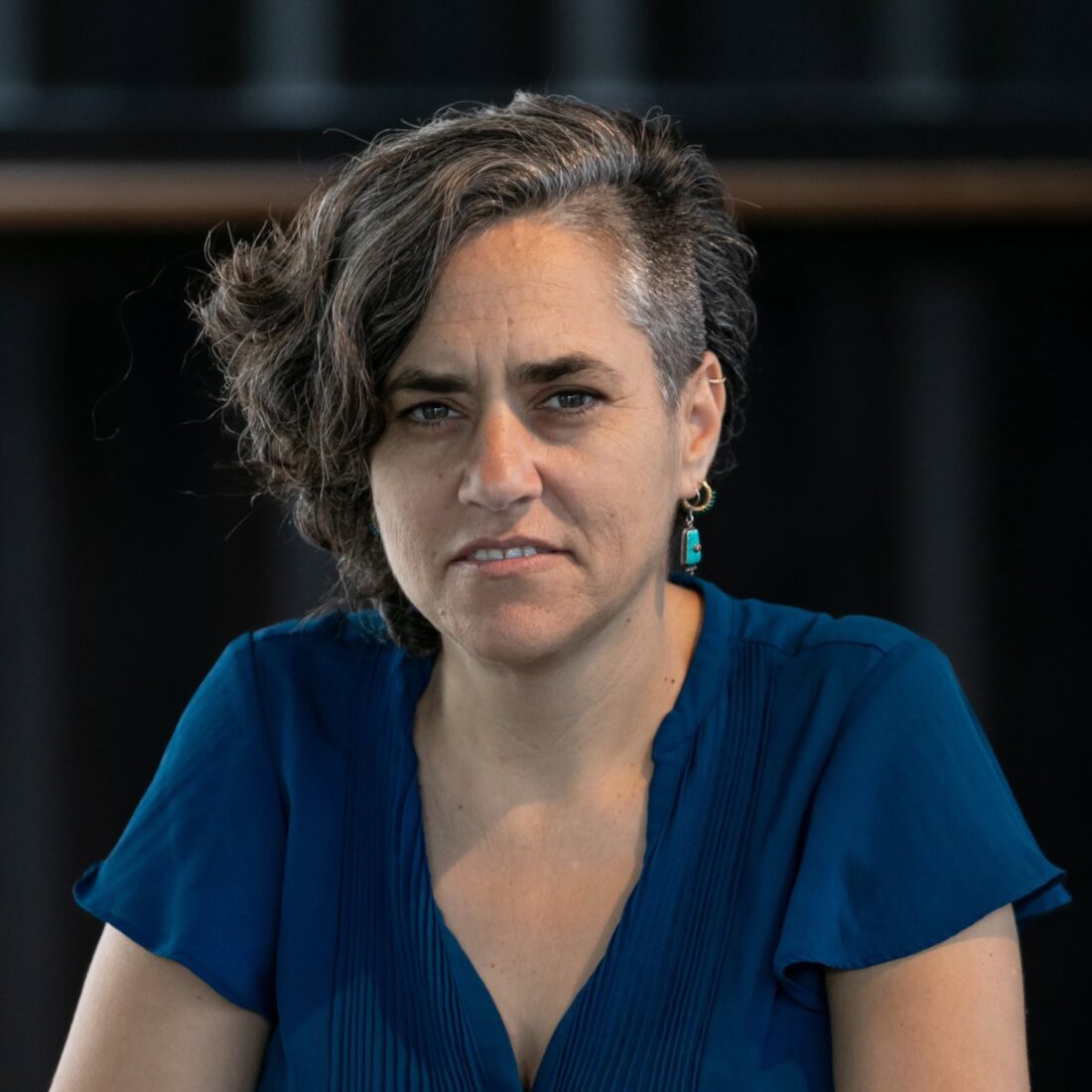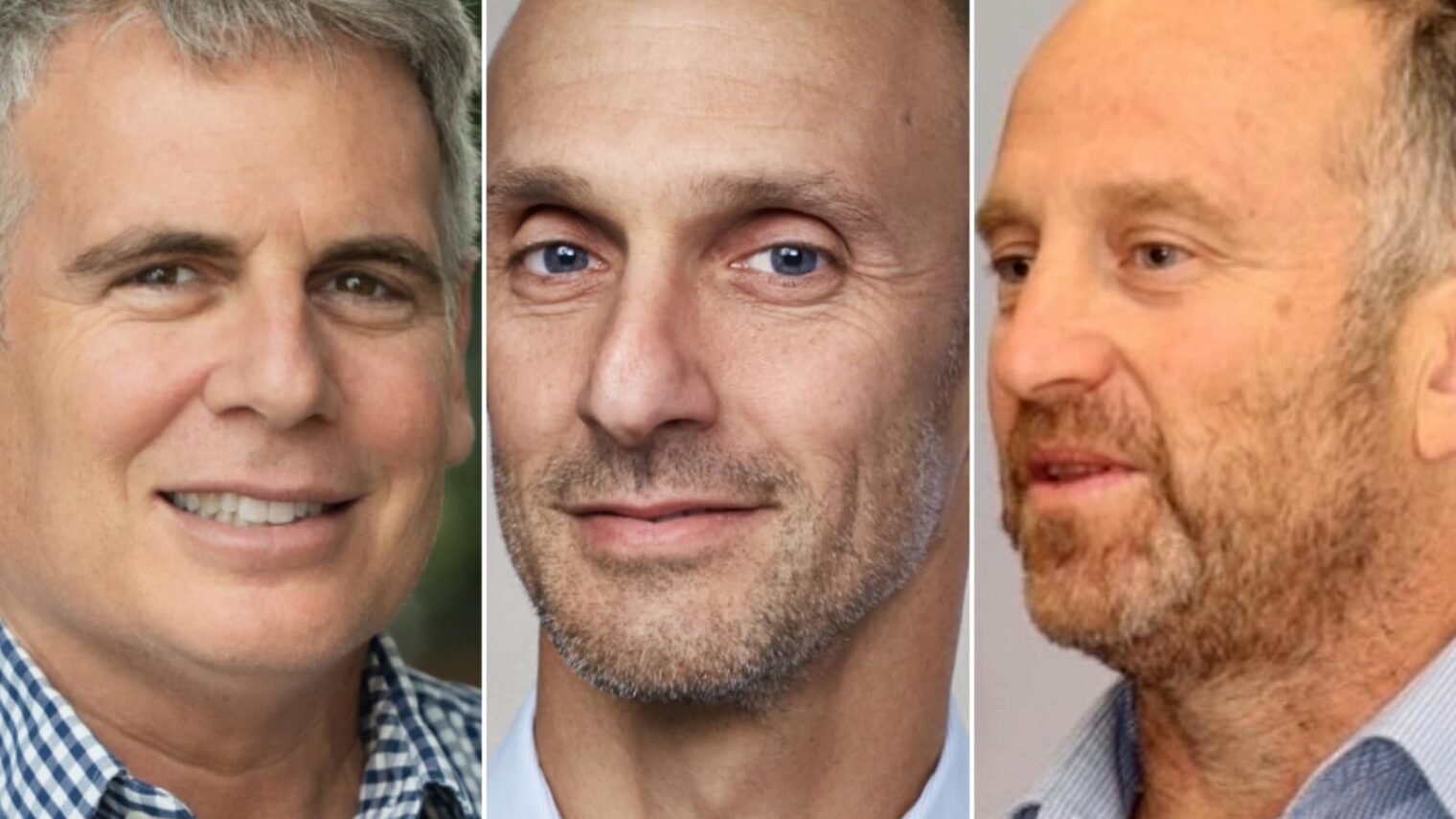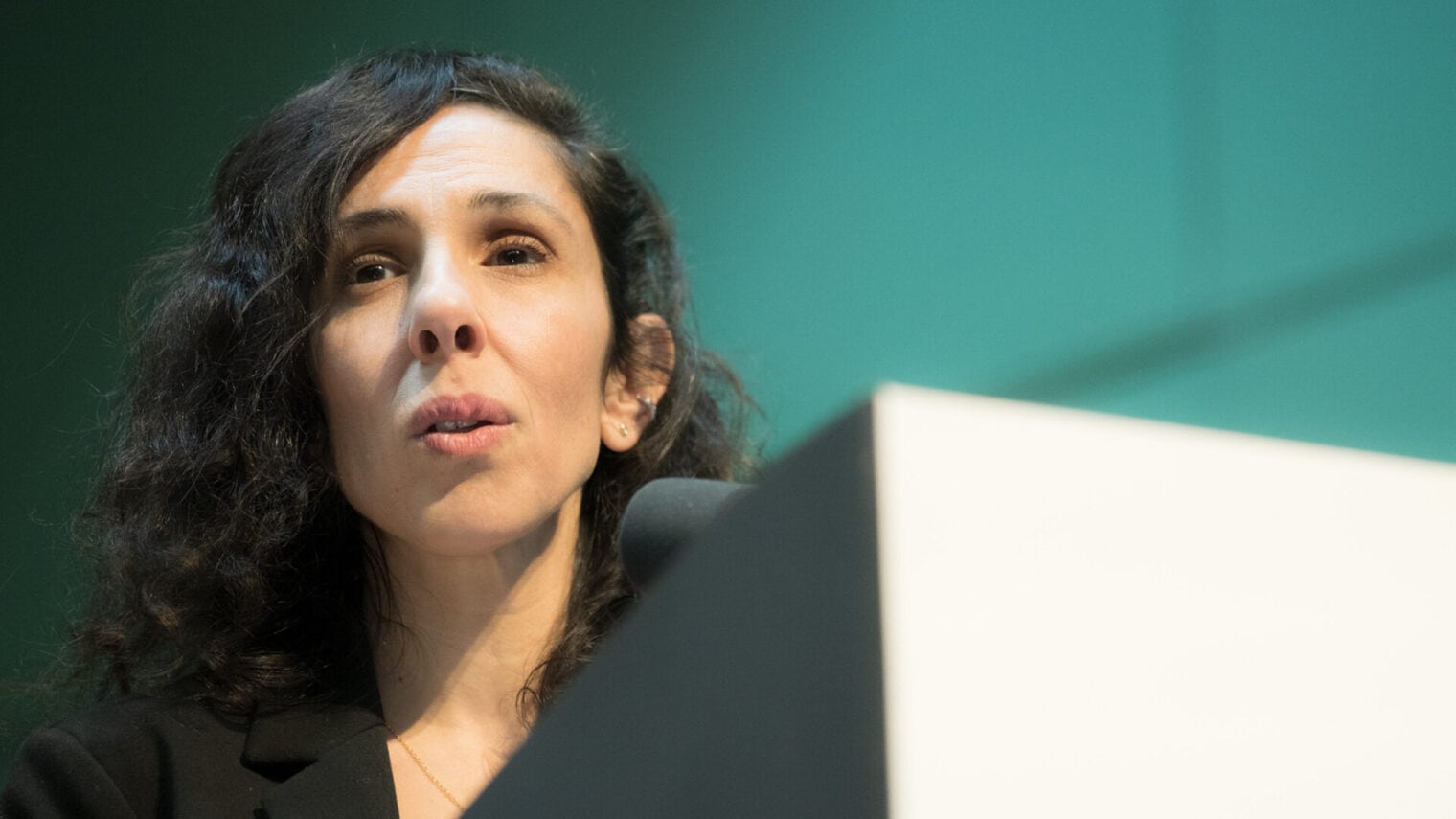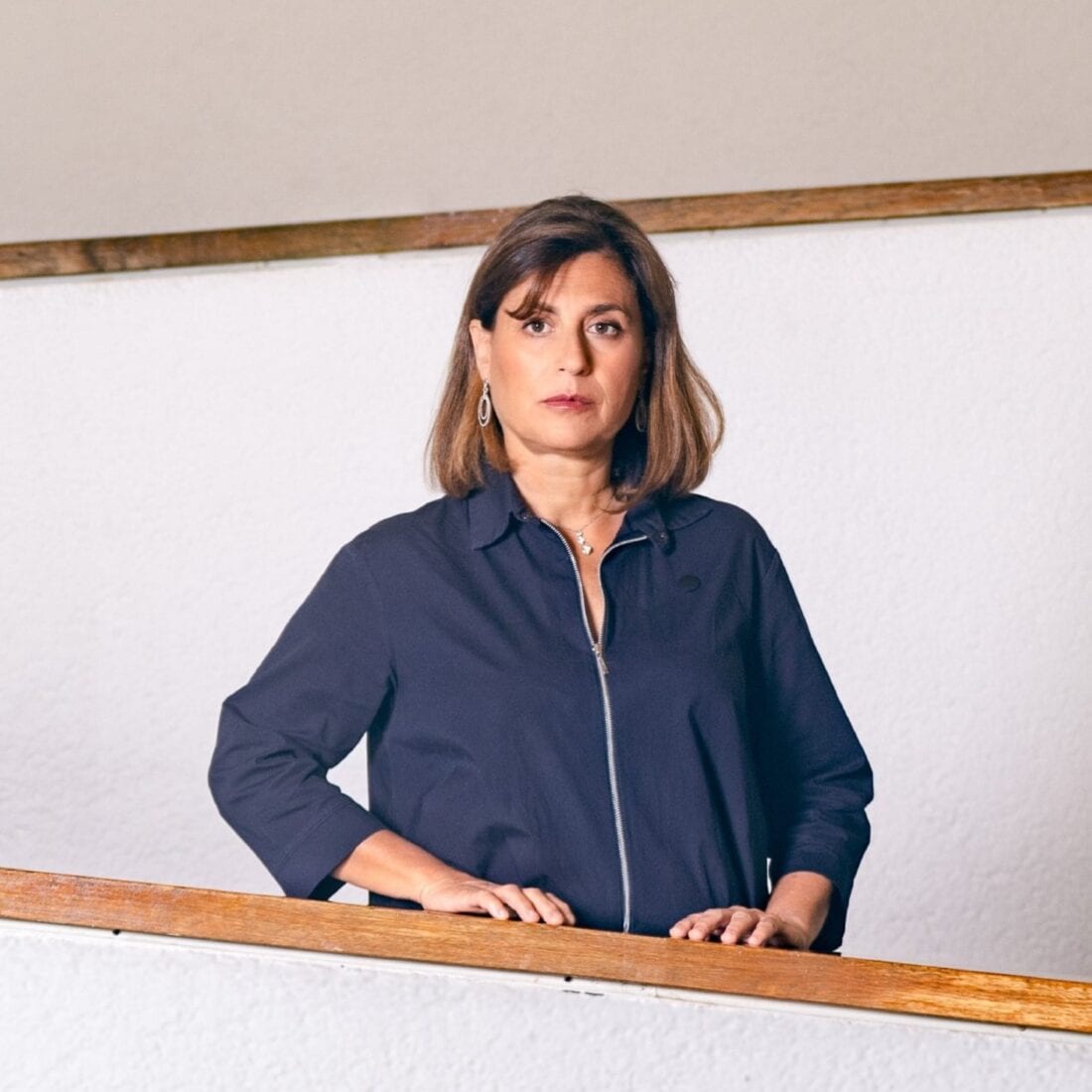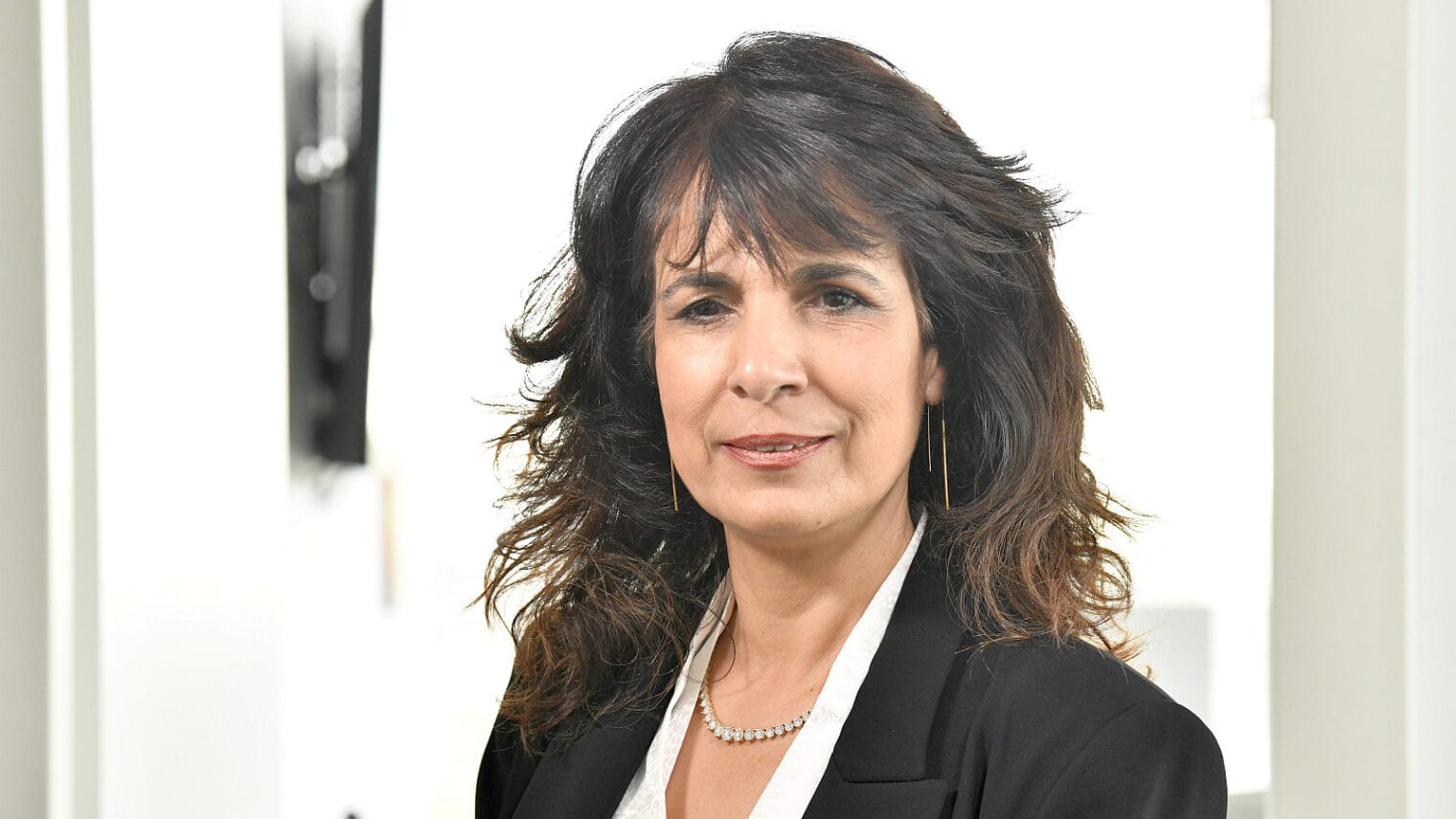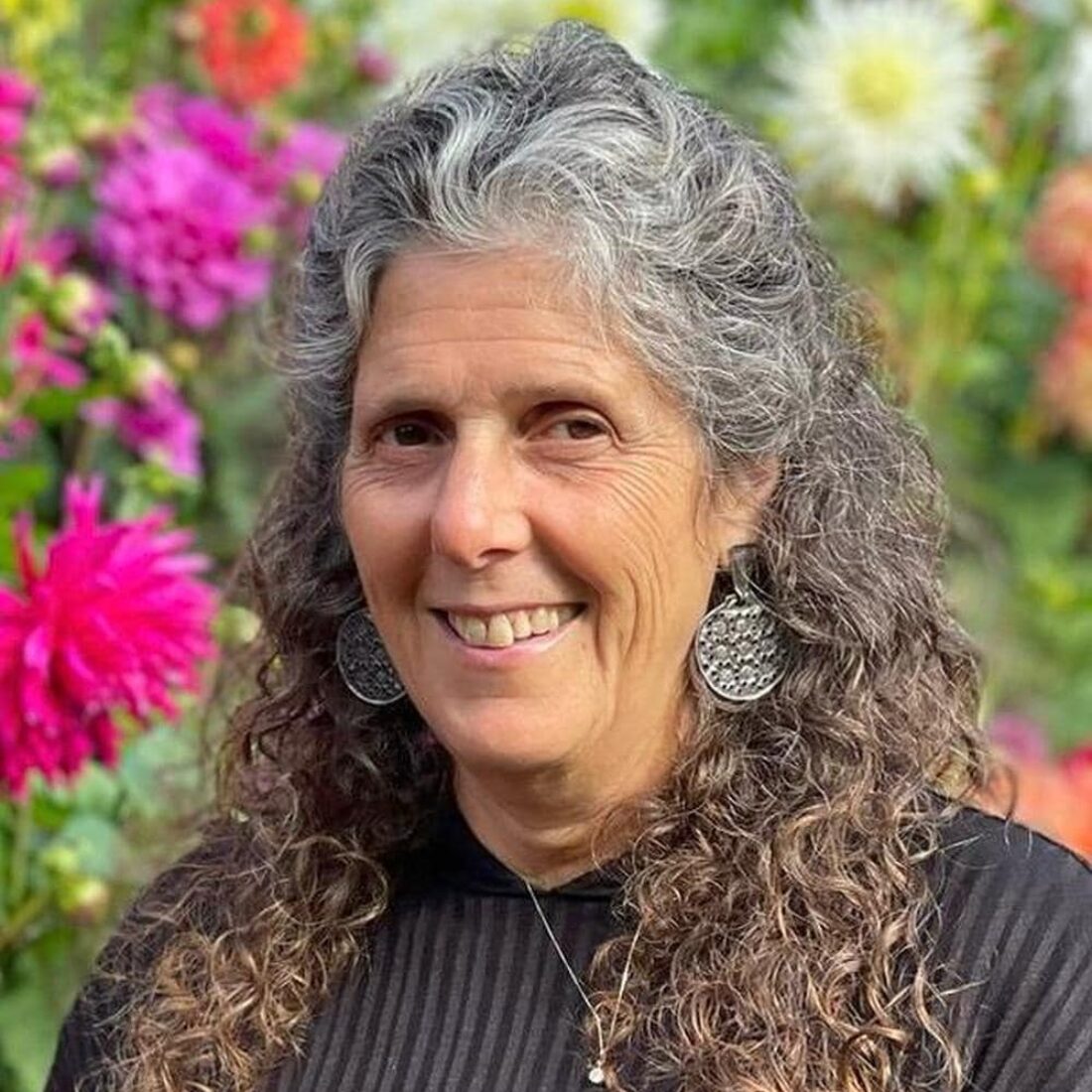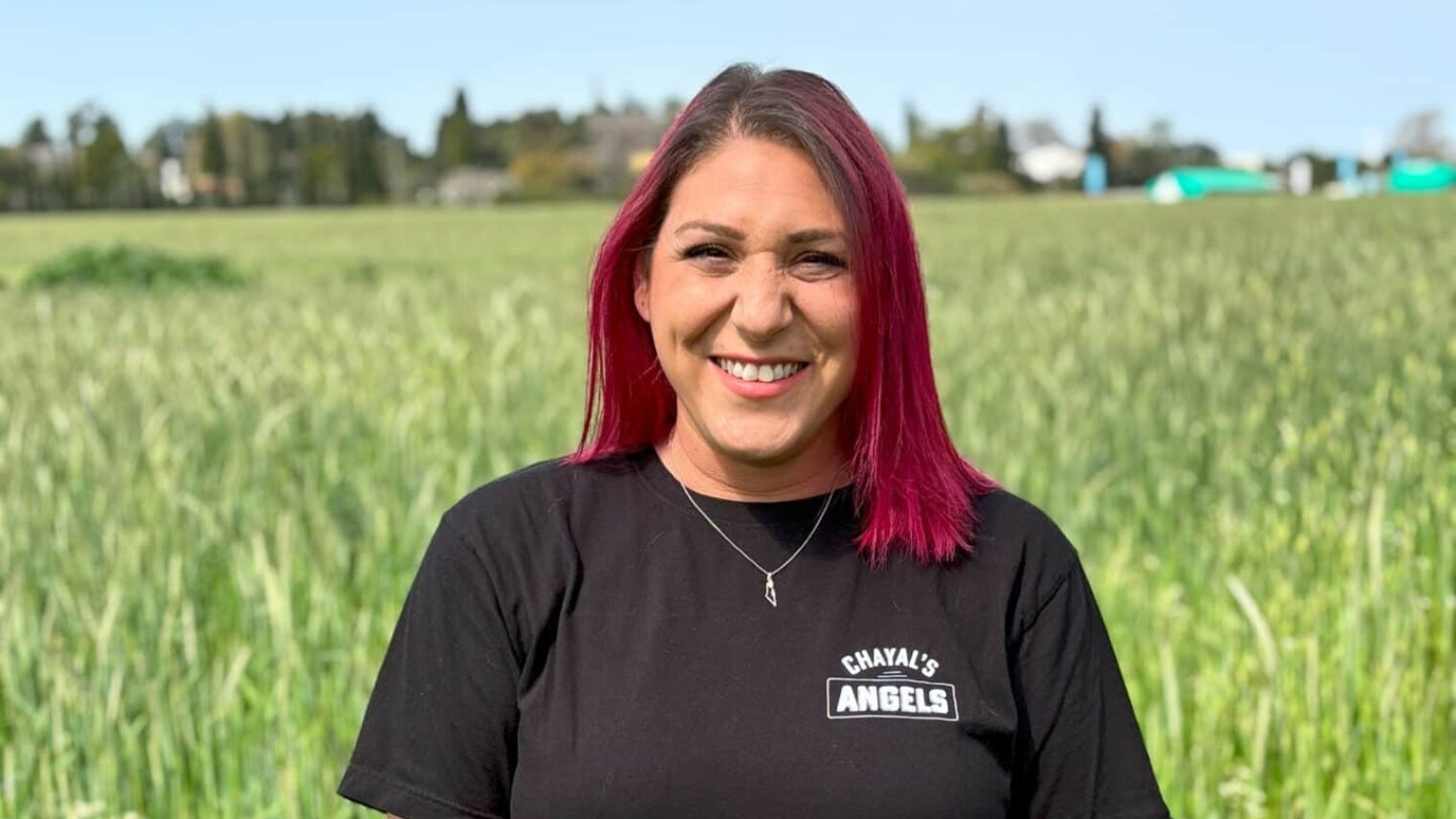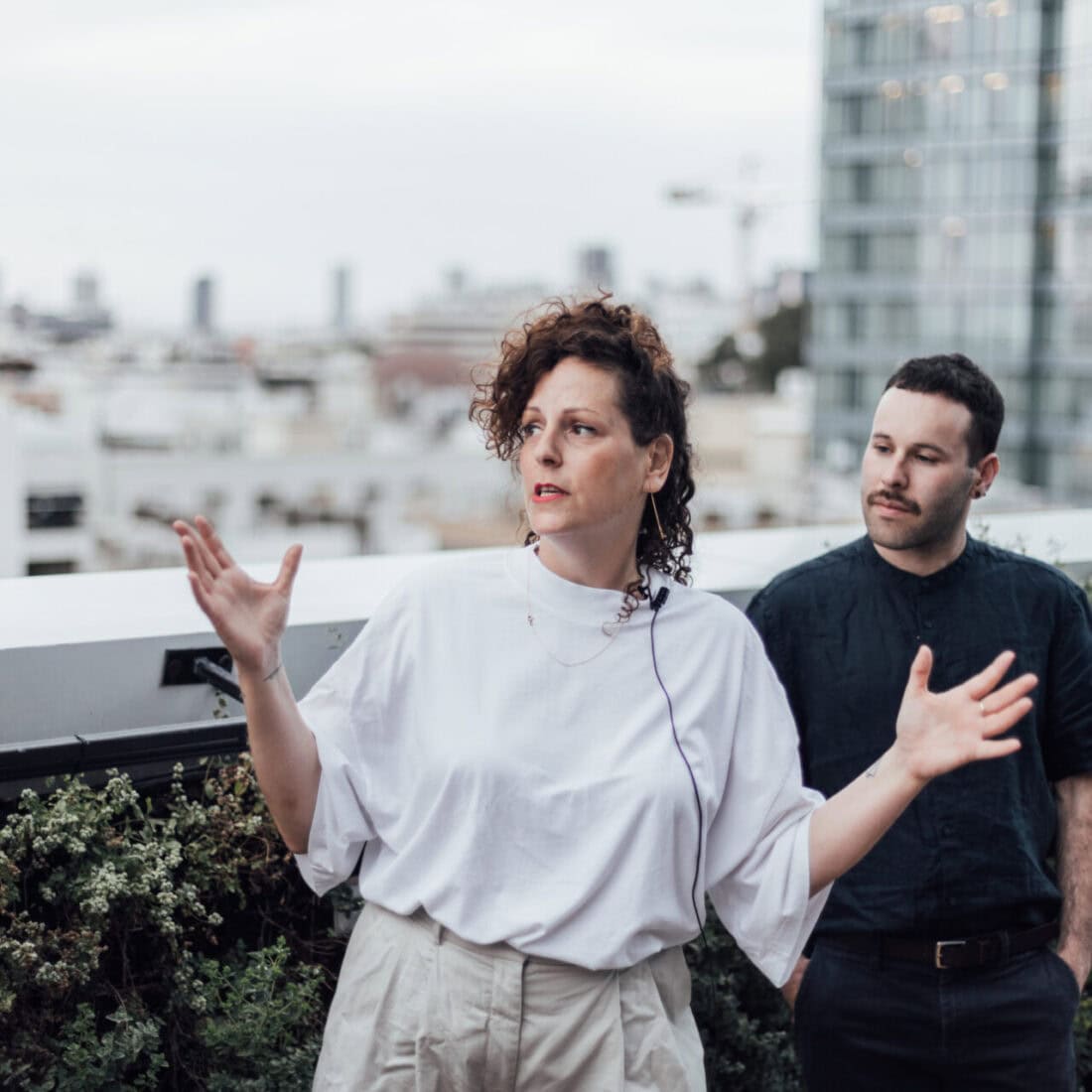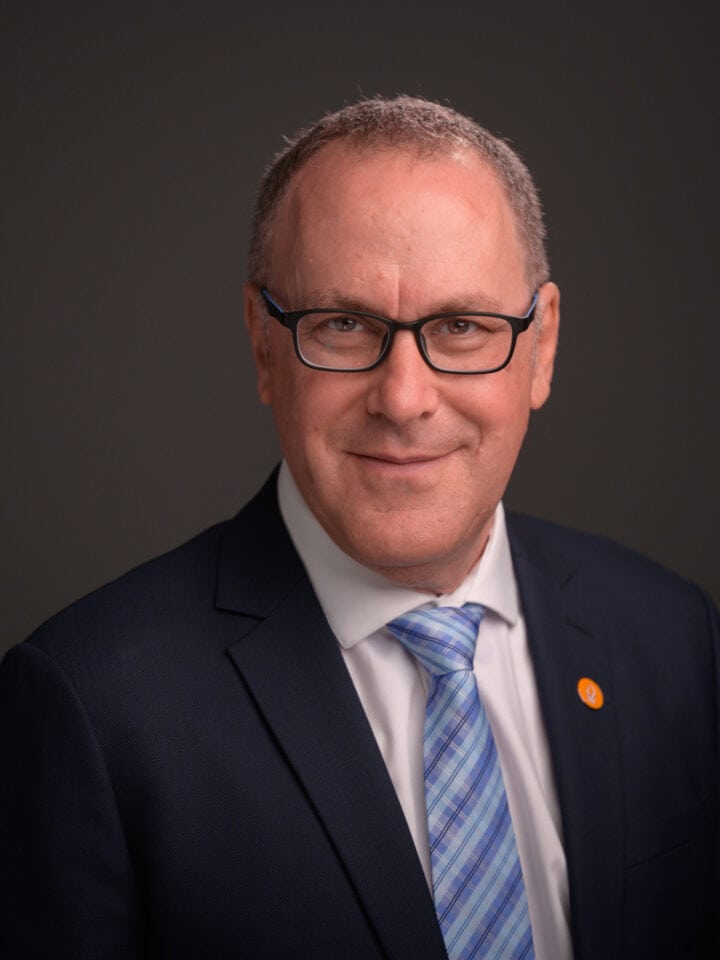On the evening of October 8th, Dorit Gvili sat in her Tel Aviv living room riveted to the television watching a heartbreaking press conference where family members of Israeli hostages called for their immediate return.
As one father broke down pleading for the release of his daughter, Gvili knew she could not just sit there and do nothing.
“It was clear to me that if those people’s voices would not be heard, they would be forgotten,” said Gvili, 46, COO of Publicis Groupe Israel advertising group.
“I knew those people needed to be rescued, their voice needed to be heard. And that is what I would try to do.”
She immediately offered her services to Ronen Tzur, then serving as communications consultant of the Hostages and Missing Families Forum.
The next day, she arrived at the forum’s headquarters with her team of creatives, technical people and art directors. They started working on a media campaign, which still continues five months later, driven mostly by volunteers.
“I am the mother of a 15-year-old son and it is important to show him that in a moment of crisis you must act; you don’t just sit aside,” she said. “When you see suffering, you act to change it.”
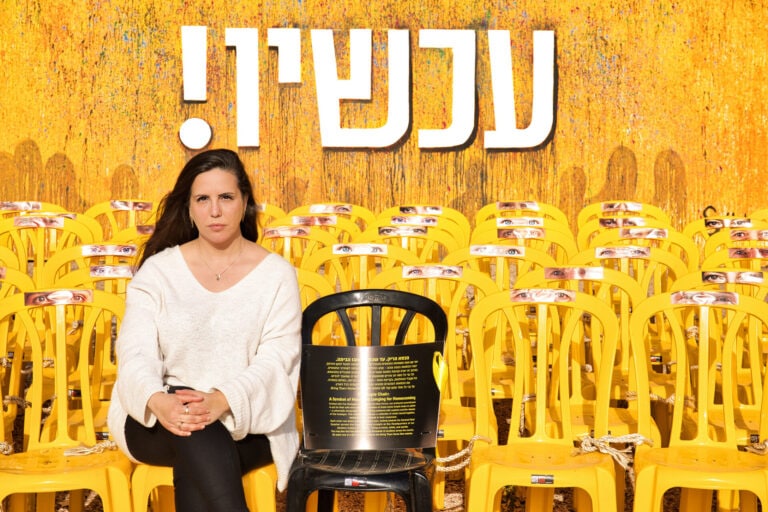
A graduate of the Tel Aviv University School of Film and Television, in her professional life Gvili has worked on campaigns for brands including Coca-Cola, Ford, Pizza Hut and Israeli cellular phone companies.
She has also worked on a pro bono basis on public awareness campaigns for organizations such as the LGBTQ community in Israel, though she is not a member of the community.
She also has wide experience working on political campaigns of Israeli politicians including Shimon Peres, Reuven Rivlin, Benjamin Netanyahu, Yair Lapid, Ayelet Shaked and Ehud Barak—whose campaign she joined as a 23-year-old right after her stint as a producer and content producer at Army Radio during her military service.
Following the Hamas massacres and kidnappings, she put in relentless efforts to build a database with all the hostage information to avoid duplicating entries, craft a compelling campaign, and harness the power of media to shine a spotlight on the plight of the captives.
Theirs is now the biggest database in Israel on the hostages and missing people, all done by volunteers without any government assistance.
“It was important to not be political in any way, so we chose the colors black and red instead of blue and white. The big words we use are “Bring Them Home Now,” with NOW being the imperative,” she said, noting that former Hamas hostage Gilad Shalit stayed in captivity for five years.
Within 24 hours they had a “brand book” outlining the look of the campaign and website, which included presenting the persona of each hostage.
“I knew those people needed to be rescued, their voice needed to be heard. And that is what I would try to do.”
“You can’t understand this from a picture, and at the beginning we were talking of 250 hostages. We gave the story of everyone… so everyone got their own material. There are over 1,000 videos in different languages,” she said.
“This is the biggest campaign out of Israel; that is why the brand is so strong. In five months there is no one in the world who does not recognize the words ‘Bring them Home Now.’
“What is amazing is we did that with minimal budget, with amazing Jewish people from around the world who helped us and gave us free media, small pamphlets in the cities of Europe, a billboard in Times Square.”
The most significant component of the website for her was the large counter on the landing page showing the number of days people have been in captivity, she said. The counter has been implemented on hundreds of websites worldwide.
“We created the counter only with two digits. … I was sure that by one or two months, max, we would be out. It is a big shock that the days are passing and passing and people are not getting out,” she said.
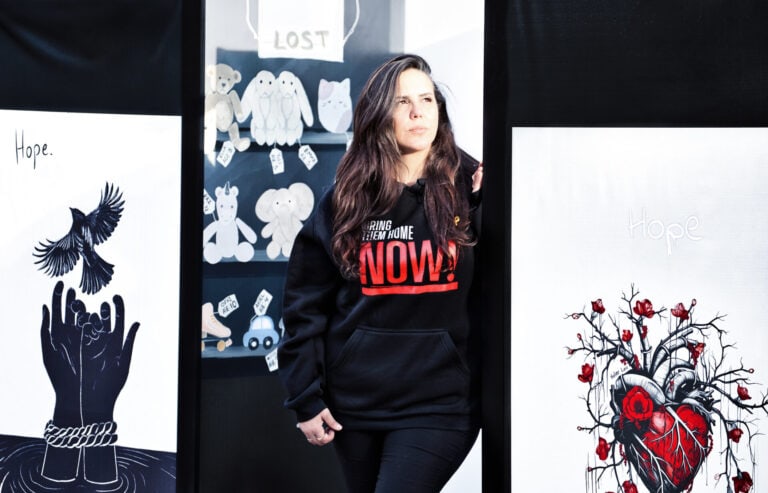
Gvili’s team created special materials for different communities, ranging from the high-tech community to Evangelists, from non-religious people to the United Nations.
They took advantage of the media power of influencers and media personalities in Israel and abroad to speak about the hostages and created 18 headquarters worldwide.
The first two months, they worked on the campaign with rockets raining down on Tel Aviv and had to run down to the bomb shelter.
“I was calling my son to see that he was okay and then would continue working until 1 or 2am,” she said.
“In five months there is no one in the world who does not recognize the words ‘Bring them Home Now.’”
“From an emotional point of view it is very tough. At some moments I collapsed. You get to know the people behind the names, behind the pictures, the families, and you get attached to each and every one.”
To keep the plight of the hostages on people’s radar, Gvili’s team uses every opportunity to tell their story in creative ways. On Valentine’s Day, they highlighted the love stories of couples; on Jewish and Christian holidays and for the Super Bowl, they adjusted their message accordingly.
What has saved her from being overwhelmed is that she is Sabbath observant, she said. During these 25 hours, she can indulge in her love of classical Russian novels—read in English—and spend time with her friends and family.
If someone needs to reach her, they know to come to her home, she said.
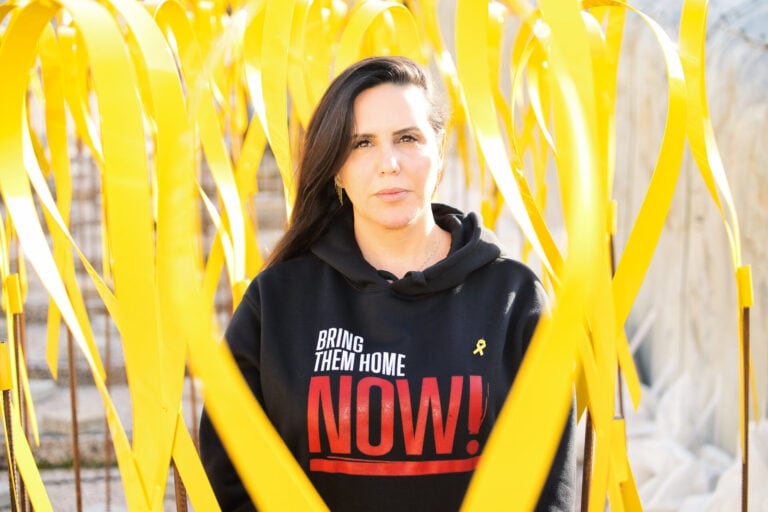
She hopes to soon be able to return to her life before, which she split between Israel and New York, where her partner lives, and traveled to off-the track destinations.
She knows that the intensive months of working with the hostage families will have a lasting impact on her.
But, she said, it has been very inspiring witnessing the volunteer spirit of the people around her.
“It gives you hope that no matter what happens, will rise up from it,” she said. “People here are so strong, with a strong and good spirit you don’t see everywhere in the world.”





